|
2/7/2024 0 Comments 2024 Devon Art Teachers Conference | plus a FREE creative opportunity for Torbay SchoolsLed by the inspirational Art Subject Specialist, Sam Eyre, from Coombeshead Academy, and supported by Joe Long, Art Lead at The Spires College, Primary and Secondary Art Teachers attended the 2024 Devon Art Teachers’ Conference last month with an informative and inspiring agenda. Attendees benefitted from updates and feedback on the AQA assessment objectives from Aly Diggle-Perry and Sandra Allan from AQA Examination Board, who provided a valuable opportunity for attendees to see an exhibition of exemplar work from students to support assessment. There were lots of resources and links to tap into about grants, funding and projects by freelance artist Claire Harmer; a former teacher, who uses South Devon as the inspiration for her work and works directly with schools (find more information here). Teachers were challenged to delve into the world of AI, as Sam presented opportunities and challenges of implementing artificial intelligence in the art classroom, such as how to use AI to create digital pictures. Enriching information that may help to keep us one step ahead of our learners! One of the most valuable parts of the day centred on networking with colleagues and sharing from experiences, with teachers having an opportunity to share their challenges and find solutions to improve their practice for their pupils. There was also time to explore the vast array of arts and crafts at Bovey Tracey’s annual Craft Festival and to meet many crafts people and observe workshops, demonstrations and talks, taking away ideas to use back in their own settings.  A must for all training days is the refreshments, and Rodney’s café, based at MAKE Southwest, provided delicious lunch and cakes. Feedback from the day was enthusiastic praising: "The range of presentations and passion from each presenter.’ "The opportunity to network with fellow Art Teachers, connect with potential future projects/funding and links with teachers for future CPD links.’ "To hear about relevant issues for Art and Design." "The contacts and varied resources and speakers." Planning is already underway for next year’s conference and looking forward to sharing with primary and secondary Art Teachers across South West schools. With thanks to Sam and Joe for their leadership. Report by Tania Cox, Partner Director, West Country Training School Alliance MAKE Southwest Hosted by Educational Manager Ian Wilkins at MAKE Southwest in Bovey Tracey, this craft education charity is funded by Arts Council England with a thriving membership of over 300 crafts people, with an engaging exhibitions programme and retail gallery, championing the highest standards of craftsmanship since its formation in 1955 and has become a leading advocate for crafts education. A FREE Creative Opportunity for Torbay Schools Craft Council Material World Project - a funded opportunity for school teachers Outreach Programme Craft School is open to all schools nationwide, but other geographical areas have been identified where they would like to increase participation in Blackburn, Kirklees and Torbay with a wish to boost participation from schools with higher levels of Pupil Premium funding. The Craft School Outreach programme will offer additional training to prepare and support teachers through the delivery of Craft School working with 12 teachers from six schools in each region over two academic years. The programme is offered to schools free of charge and will aim to:
Two members of staff from each school, notably Teachers, Teaching Assistants, Technicians or other support staff are all welcome to participate and will be able to attend professional development sessions, which will include an element of practical making.  Torbay Project Timeline Thursday 11 July 2024 from 1630 – 1830 | First face-to-face professional development session. September 2024 | Second Torbay professional development session. September 2024 | Enrol in Craft School: Material World. October 2024 | Third Torbay professional development session. September / October 2024 | Start to deliver Craft School: Material World with learners. To make use of Craft School Teacher toolkit, professional development sessions and other resources. December 2024 | First Torbay online support session. February 2025 | Second Torbay online support session. April 2025 | Submit evidence of learners’ work and making journeys to Craft School: Material World (online portal). May 2025 | Judges select work for awards (one per Key Stage). June 2025 | Online celebration event for all participants. Commitment from Schools Participating schools will be asked to commit to the following:
For More Information
Contact Hassina Khan or Ian Wilkins.
0 Comments
“Create a curiosity based on a genuine passion so that young people find their way to be instructors of their own destiny with faith in the system.” Some conferences have a buzz. And at our recent SWIFT 2023 Summer Conference there was a distinctive buzz. It started with delegates arriving early to the Exeter Racecourse venue ready for the conference; as well as enjoying the opportunity to network and engage with new and existing colleagues, and chatting to sponsors and exhibitors. An uplifting buzz. CEO of Uffculme Academy Trust (UAT), Lorraine Heath OBE opened the conference on a Reasons to be Cheerful note. Lorraine is a highly influential leader within the region and as a SWIFT Partner, UAT plays a central role in our Appropriate Body Service, Early Career Framework, and Continuing Professional Development programmes delivery. Commending “such a professional generosity in the system” Lorraine praised schools and Multi Academy Trusts as “anchor institutions” who provide a support network at no cost, helping each other and sharing values, vision and moral purpose. Surely an example of optimism over experience. Amongst the uncheerful stories and pressures on schools, she highlighted the benefits of the Cradle to Career model on a school community and advocated courage to fail and to fail better that ultimately benefits young people. Change is coming and schools can make this better and wished everyone a great conference. Professor of Social Mobility at Plymouth Marjon University, Sonia Blandford is already a SWIFT black belt and has been leading a series of professional development “extras” sessions for our Early Career Framework programme. Sonia’s educational experience and accolades are vast and varied and she is a prolific published author. As one of our conference keynote speakers Sonia spoke on a topic close to our hearts here in the South West, “Born to Fail? Social Mobility: a working-class view.” Social Mobility is achieving positive change in socio-economic status, and more widely building better futures for all, in terms of wellbeing, health, and engagement with all that life has to offer. Strategic steps can create hope and continue to develop new approaches to education and public policy, using the principles of mutuality for the benefit of all regardless of their starting point, to develop greater engagement with parents and carers, families, and communities that will ensure all children and young people are supported to access meaningful support, develop their aspirations, to increase their achievement and life prospects. With the essential objective to improve the foundations for life for all children and young people. Sonia shared how impactful leaders can be effective through a shared vision with a core set of values and beliefs shared by all staff; a commitment to creating an ethos and culture of achievement across the whole school; collaboration with parents, children and young people and others within and beyond the school, including other schools, to develop and share best practice and communication that encourages modelling positive engagement with all stakeholders. As CEO of one of the largest national Multi Academy Trusts, Oasis Community Learning, keynote John Murphy was well placed to talk on the “Opportunities and Challenges When Growing a MAT,” overseeing 52 Academies in 21 Local Authorities with over ten years of rapid growth that was founded in Grimsby. Harking back to his own school days, it almost felt like a confession as John admitted to struggling in his schooling against a backdrop of a tragic family circumstance about which no-one at school mentioned to him, all of which contributed to him failing his exams. “Children have one chance” and Oasis want young people to flourish and to have a sense of optimism with equity and excellence for ALL children. But what does it look like? Oasis have built a team of leaders across every stage as deliberate and intentional foundation blocks that underpin education as the golden ticket. Learning and development are important, but it is also important to think how to deliver the culture and to encourage everyone to be part of the vision for the long-term. Working with the community and believing that children can achieve with support, Oasis supports youth work, food banks and housing to provide a “secure school” to create exceptional education at the heart of the community. Think what you are focusing on. Oasis accepts ALL children and considers what can be done to accommodate ALL children. Mindful that 37% of young people go to university every year, Oasis thinks about the other 63% who do not. How is the system geared for them? Too often education is rules focused and our role as educators should be to support the development of children and young people over time. It is important to change and refine priorities – not least with significant other life pressures and the growth in mental health issues. There are families who have generations of non-workers and they need to know what it looks like to work. Sometimes it is a case of doing a few things well. To deliver, celebrate and be proactive. For example, ensuring Headteachers are in lessons with established pillars that free up the teachers. Love the children and understand they are on different journeys. Give them the best opportunities. “The school as an oasis.” John noted the reliance on schools and colleagues post-pandemic and which helped to lead to the development of the National Institute of Teachers with the teacher career development thread throughout the system, underpinned with high quality professional development. Education South West Trust Leader, Matthew Shanks thanked John for the “honest explanation” and reminder about failing, relevant here in the South West and CEO of the Ted Wragg Trust, Moira Marder commended the reminder to love your families. National Director with Oasis Community Learning, Iain Freeland described how Oasis have strengthened and transformed the educational offer. With his specific responsibility for the evaluation and monitoring of Academy performance, Iain leads a team of independent consultants and was previously an Ofsted Inspector. It is important to be honest about what works and what does not work with a focus on Character, Competence and Community. Oasis asks both staff and pupils in order for them to become confident and resilient citizens: Consider who am I and who am I becoming? Staff are encouraged to work collectively and to think of educational provision as collegiate and to focus on priorities and intentional design in the curriculum. Oasis strives to support cultural capital and is part of a global community. Inevitably, Oasis has a high turnover of staff who are expected to be experts, and are always upskilling with an internal assessment of systems with intention, implementation and impact. Find the opportunities to engage staff as a way of retaining staff and create buy-in for the Trust. Evaluation is also an important part of the process. Delegates could attend one of the morning breakout sessions to get closer to some of the other key issues of the day. National Institute for Teaching Executive Director of Programmes, Reuben Moore and founding Regional Principal for the South and West, Jenny Sutton presented an update on “The National Institute for Teaching (NIoT) and its role in Developing Education,” reinforcing that “it is here for the system” and to add value. It is essential to change what happens in the classroom as an entitlement that is vital to the system in order to ensure that every child gets the best opportunity and to nurture their talents. Remember the definition of Nurturing = to feed on, to cherish, and to protect. The role of the NIoT is not simply to generate the research, but to make it live and breathe in the classroom and to challenge how to implement the implications of research into practice. There has been too much distance in the past and the NIoT wants to be school-led and to use teachers and leaders’ time well. In his session on “Reflecting on Parental Engagement,” Early Year Educator, consultant and aspiring children’s author, Jamel Campbell shared his very real love and knowledge of Early Years as a precious time with children based on his professional understanding, but also as a proud father of his 14-months son. Jamel’s talk reminded us of getting the basics right from the beginning in order to stand in good stead for the child’s entire schooling. Remember, there is a connection from the child’s very first day and parental engagement is essential in the child’s healthy development. Parents often have a premeditated judgment of teachers and schools even before they meet due to external influences and negative local neighbourhood information will influence parents, for example about the safety of school. Parental partnerships start from the first point of interaction and the settling in process will benefit from being a collaboration of the setting and parents. Some parents will be anxious and find it hard to let go and at all stages it will make a difference how parents push, support and influence their child. “Do not blame or judge them for being anxious, but soothe their fears with good practice and empathy.” Consider the parent and child transition and understand that parents are transitioning too. Ensure there is a familiar face for drop-offs and collections and a first point of contact and think about using a buddy system. Know the family and the child. Be aware of family quirks; for example, food, family environment. Consider a key person who is selected by the child. Children are sensory aware which can influence parents. Children connect to people who are like parents to them and this is why diversity is key and gives a sense of security. Feedback and communication are important and needs to be simplistic, authentic and honest, descriptive, authentic and accessible, in a way that parents understand and receive it. Build bonds with parents. Create opportunities, other than around calendar events to involve and engage in purposeful dialogue. When there are times that the teacher has to relay bad news, it is important to balance spending too little or too much time on the issue and to call home beforehand to avoid embarrassing the child. It is important children know that it is not them, but their behaviour that is being addressed. Consider does my setting accommodate all cultures/religions/diversity? Are there resources that represent the wider community? i.e. Devon children visiting London. Director of The David Ross Education Trust Teaching Hub – A.K.A. “DRET,” Kat Howard, a cousin you might say to our Colyton and Kingsbridge Teaching School Hubs as three of the 87 national Hubs shared her curriculum expertise in her talk on “Leading Principles of Effective Curriculum Development.” There is value in making content explicit to break down barriers for pupils and drawing on the community. For example, inviting local writers into school. By bringing together curriculum content from diverse experiences, the pupils can recognise themselves in the curriculum. Map conversations about the curriculum and remember the significance of teacher expertise and a duty of care towards prospective teachers. Allow a grace period as a mechanism to ensure teachers deliver and understand the purpose of the curriculum with a shared vision and language and direction. There is a significant correlation between teacher purpose and professional fulfilment. The way in which we spend teachers’ and leaders’ time in schools will ultimately determine retention over time. Focus on key reporting points and “look back, look forward” and use a live model so that retrieval becomes part of day-to-day structure of the curriculum with collaborative planning and coaching for discussions. Evaluation needs to be over time and consider who you bring together and the triangulation of data. “The measure of success for our schools is ‘not the exam grades or the progress scores, important though they are, but instead the real meat of what is taught in our schools and colleagues: the curriculum.” (Spielman, 2017) Back together in the main conference hall there was a sense of anticipation about the keynote by Stephen Morgan MP, Shadow Minister for Schools who presented on “Labour’s Vision for Education.” Glad to be back in the South West as a University of Bristol graduate, Stephen recalled his two weeks of work experience in a school – that put him off a career in the classroom. But he keeps close to the world of education as a School Governor and “a firm believer in the power of education to transform lives, create knowledge, skills, relationships and opportunities,” thanking staff for their “incredible work in difficult circumstances” - not least in recent years of the post-pandemic. On visits to schools across the country, Stephen is always impressed by staff ambition and potential, and the dedication of school leaders and teachers who often feel stretched, taken for granted and underpaid. Whilst their dedication is recognised, Labour also understands they cannot run on recognition alone. In addition, schools are managing the effects of the cost-of-living crisis and families are struggling with many children hungry and suffering mental health issues. A perfect storm. Added to which the unprecedented teacher recruitment and retention workforce challenge crisis with 2,000 vacant teaching posts a year meaning the Government is missing 40% of its annual recruitment targets, with the entire school population needing to be replaced every 14 years. There may be no silver bullet. But Labour wants excellence for everyone with a few of their active ingredients offered here: A Teaching Assistant in every classroom. Wrap around support by working together. End the private schools tax break. Boost knowledge and skills. Teachers encouraged to take on learning opportunities. Skills to support SEN and EAL. Support programmes for Headteacher to provide local support. Reform Ofsted that is dreaded and makes schools feel underpowered. Leaders and school staff under too much pressure. Greater sector expertise. Increased CAMHs support (“No child should be left without support.”). Commit to Mental Health counsellors in schools. Treat the profession with the respect it deserves. “Not enough young people are leaving school ready for school and life.” Career Advisors in schools. Two weeks’ work experience for all children Education is more than English and Maths. Art, Drama, Music, Sport should all be supported to boost children’s development and to equip them for the 2020s’ world of high technology, and the green economy etc. Echoing 26 years ago Tony Blair’s “education education education” priority for Labour to a rapt audience, Stephen reinforced that Labour is the party of education. Next up was something new for this year’s conference. The SWIFT Question Time Panel chaired by our very own David Dimbleby, SWIFT Strategic Lead, Roger Pope CBE. Panellists Sonia Blandford, Angela Browne (whom we were to meet as the final keynote in the afternoon), Stephen Morgan MP and John Murphy bravely sat on high chairs at the front of the main conference hall awaiting the wide range of (unseen) questions from delegates. The starter question was aptly, what should be Stephen Morgan’s priority when he enters his new Department for Education office? Baccalaureate with Music for every pupil to support mental wellbeing (Sonia); the levelling up agenda, with a more comprehensive and inclusive education (John); and diversity and the Protected Characteristics to make teaching a profession everyone can access (Angela). Stephen would have top of his own action list to restore trust amongst the profession, the key priorities and to find ways to work with the sector and give teachers the respect they deserve. So, lots for him to be getting on with. The panel next considered their views on all pupils studying Maths in some form to the age of 18 and whether they agreed with Prime Minister Rishi Sunak’s ambition and the main concerns to how it might be rolled out. The panellists generally disagreed. John believed it needed a longer-term strategy and the risk was putting pupils off Maths for life and that other learning gaps need to be closed post-pandemic. Education should seek to create flourishing young people with the choice to do what they want to do. Sonia advocated a love of number and teaching how to apply the knowledge in teaching for life; but also investing in the Early Years. Stephen denounced gimmicky pledges and Angela reflected how education is often too rules bound and institutionalises teachers who should not be treated like infants, comparing the different attitude in the Danish education system (where she lives and the experience of her nine-year-old son). “Create a curiosity based on a genuine passion so that young people find their way to be instructors of their own destiny with faith in the system." The next question referenced the post-pandemic situation in which schools have taken on the role of being 'everything to everyone' - from social work to school nurse. The panellists were invited to consider what they see as the core purpose of schools now and in the future and whether there needs to be a debate about the role of schools in society and how to make this manageable and reasonable for school staff? Sonia would “develop an inclusive education for creative and engaged human beings” who participate and feel included with a sense of belonging. John advocated an education that enables pupils to flourish and reflected on his own personal situation of not feeling good enough from his own schooling. Angela considered the shifting purpose dictated by external partners and recommended improved agencies for those most in need with schools as “a safe harbour” as the continuous thread in children’s lives. Sonia wanted a place in communities for young people for life and work and noted how teachers are having to step in and provide other services. A topical question next about teacher recruitment. The questioner noted their deep concern about the crisis and how this year at their school they have unsuccessfully advertised for a Teacher of Physics twice and had NO applicants. What would the panel suggest is the biggest factor affecting teacher recruitment and retention and how should it be addressed? John advocated the celebration of diversity and belonging to underpin the culture and cited the Oasis Academies conference “Break the Cycle.” As people are the most important part of delivery, Oasis builds staff networks and has a strategic plan where leaders are held to account with action plans. Sonia looked back on her role in co-writing the Teaching Framework 20 years ago as Dean of Canterbury Christ Church College and lamented how the Government is ending the range of teacher training programmes; whereas now is the time to provide a variety of programmes for a variety of people to train and enter the profession. Angela considered attrition rates and the problem of how to retain teachers and ensure that schools are safe places. Stephen shared how the crisis keeps him awake at night with too many teachers leaving the profession and recommended better salaries and better support for teachers (and see the previous highlights from his keynote). Turning to the young people themselves, the next question asked what are the biggest challenges facing children today? Stephen noted the pressures on young people and on CAMHs and schools to support them and advocated the need for a dedicated counsellor in every school and an open access hub in every community. John highlighted the challenges of domestic violence, the cost-of-living and lack of food for some children and families and the need for mental wellbeing support and opportunity for system redesign. Post-pandemic has “laid bare the inequity of the system” and had a huge impact like an elastic band, which has not always flicked back into place with costs to social skills and higher immaturity amongst some children and the need for explicit teaching. It should be about the lived experience for children and not the politicisation. There needs to be even more integrated work. Oasis has food banks in their schools and works to establish stronger bonds with families. Sonia felt that too many children do not feel included or have a sense of belonging and feel like education is something being done to them. They need to be allowed to develop and to be part of a community and the potential of every child should be celebrated. Rather than a punitive educational model. Angela noted the disconnect between adult perceptions and children’s experience. Schools need to be safe places. There is often too much toxic masculinity and children can feel left in a wilderness and on their own. As a fun final question, the panellists were invited to return to their own school days and to remember the teacher who made a lasting impression on them. Angela remembered the teacher who encouraged her to participate in the Ten Tors for three years in a row. The moor was like a transformational, spiritual experience. And as many of us know ourselves, a long walk can be revolutionary. For Sonia, it was the teacher who encouraged her to join the brass band and how she embraced this opportunity. A reminder of the power of inclusiveness and doing something new and doing it well. It was the Year 6 teacher for Stephen who taught his class to aim high and to achieve all their dreams – and whom he saw again as a canvassing MP and she pointed out his spelling mistakes on his leaflet, but had also kept a piece of his work for 30 years. In the midst of his challenging schooling for John, it was the teacher who swore, whom he thought was cool and who listened and praised him for his poem (after firstly asking, “Is this really yours?”!). We thank our panellists for their honest, heartfelt and insightful answers. SWIFT Question Time was a very enjoyable part of the conference experience and showed that educational debate is very much alive and kicking here in the South West. For the afternoon breakout sessions, NPSCC Assistant Director for the Southwest and Channel Islands, Andrew Freeman is currently overseeing the regional delivery of the national 10-year strategy in this 100+ year-old organisation. In his “State of the Nation – being Nationally Significant and Locally Relevant” talk Andrew reiterated the importance of working together in partnership as a nation of safeguarders. The NSPCC’s three impact goals are that everyone plays their part to prevent child abuse, every child is safe online and children feel safe, listened to and supported. The direct service development is focused on providing children and families what they want and need using the following key principles: involving families, partners and stakeholders in service design so that services deliver positive outcomes that can be replicated; innovating, and not shying away from failure - if the service is not being taken up or not generating positive outcomes for children, to use what we learn and try something else; collecting comprehensive data, evaluating our impact and conducting rigorous trials for the most promising services and forming partnerships with other organisations to implement the services that have been developed and tested to reach more children with the services that are known to work. Teacher of English, school leader and MAT CPD lead, Josh Goodrich from StepLab talked about “The Science of Instructional Coaching” and explained the importance of insight, motivation, embedding and techniques and understanding the difference between knowing and doing. Josh shared his own eureka moment after struggling with behaviour management when some simple coaching guided him in a routine for silence, entry routine and scanning that changed everything for him in his first year of teaching. Josh shared a few helpful reminders about learning. We learn by gradually building on (and with) what we know; we attend to what we value; we can only attend to a few things at once; learning by discovery is slow and effortful; repeated practice is necessary for fluency and what we don’t use, we lose. Following on from the earlier keynote by Sonia Blandford, Chief Executive of social mobility charity, CoachBright, Joe McGinn presented on “Academic Coaching as a Vehicle for Social Mobility.” CoachBright provides academic and pastoral coaching for some of the most disadvantaged pupils in the country to become confident, independent, and resilient, and to lead the lives that they wish to lead. Helpfully, Joe explained some of the different terms that can sometimes be conflated. Absolute/Total Mobility is how much movement there is, i.e. how many people ‘end up’ somewhere different to where they started. The direction is irrelevant; what counts is that they are moving. Upward Mobility is how many people are moving ‘up’ and Relative Mobility is the social fluidity or openness, i.e. how easily people move relative to others. In order to increase the chances of disadvantaged children, we need to decrease the chances of advantaged children in strengthening mechanisms by which disadvantaged children can get ahead, and weaken the mechanisms by which parents protect their children from moving down. SWIFT delivery partner Andy Ogden from Tarka Learning Partnership and Deputy Director, Chris Harris showcased our dynamic Universal Programme of Professional Development Communities, Masterclasses, Forums and Conferences and CPD events and Appropriate Body Service, Early Career Framework, National Professional Qualifications and Teaching School Hub Professional Development Department for Education Golden Thread Programmes (see the presentations at the end of this report). The final keynote, “Being Luminary - Making Our Schools ‘Safe Harbours” by the founder of Being Luminary, supporting leaders with Diversity Equity and Inclusion (DEI), Angela Browne. An interim Deputy CEO in a South West Multi Academy Trust and a Devon girl herself, Angela’s talk was at times heartening and thought-provoking. Declaring school leaders to be “Thought Leaders of DEI” and schools as “a lighthouse to withstand the DEI storms” in the post-George Floyd, #metoo, and Andrew Tate era. Everyone needs to be united on a platform and to engage in a meaningful dialogue with all stakeholders. Reflecting on the Equality Act (2010) and the ten Protected Characteristics that hold identity can be challenging in “heavy weather.” Hate crimes (race, religion, sexual orientation and others) are increasing, especially after the lockdown. It is important to look at the data and always to be aware of the impact of context and to keep up meaningful conversations. Angela cited a case study of Westminster School where more than 250 former pupils wrote an open letter about the toxic culture of racism at the school and bemoaned that their schooling had not prepared them for modern life. Education should strive to prepare all young people to think where they are going. Often a perception gap exists between the tension of what educators think they are doing and what they are really doing. Student voice can become skewed and is not their real voice. Angela refutes the claim that that you do know what you do not know – but insists that you do know as it is part of your peripheral vision. It is important to call out casual racism = microaggressions and to give yourself a line of enquiry. Understand how to create a sense of belonging and she questioned the easy-to-say “great” school narrative as we like to think that we are all having a great experience of school, staff and pupils alike. But this is not always the case. Angela looked at how to reframe the different IQs – emotional and cultural (DEI) and to go beyond policies and procedures and to demonstrate a commitment to learning the vocabulary, concepts and ideas. “What does it feel like to be you?” Change what is inside. In a spine-tingling-across-the-main-conference-hall-moment, on teacher mode, Angela was poised to cold-call the audience to explain their understanding of the definitions of race, ethnicity and racism. Humbly honest delegates admitted their lack of knowledge, how they felt entitled and ignorant and anxious about (possibly) not knowing the answer and their need to learn. In case you were wondering and if you are asked: Race = a biological social construct based on (17th whiteness. Ethnicity = a cultural assignation. A social construct in how to organise people. Racism = the system of advantage. Angela encouraged the audience to “crack open the window of compassion” and to buck the trend in your school. Have the conversations and know your data. “Identity is harboured in our schools.” Ask the question in the community and invite staff to share their lived experiences and to map to other identity groups. Talking and dealing with Diversity Equity and Inclusion should be the same as talking and dealing with safeguarding. All good things come to an end as Headteacher of Colyton Grammar School, Tim Harris closed the conference. Colyton was the first secondary school to be rated Outstanding under the new Ofsted Framework and may be the only school in England to be consistently rated Outstanding since inspections began and is proud to play a central role in our Teacher School Hub programme delivery. Summing up of the day, Tim thanked everyone involved, as a reminder that together we can make a difference, and noted Colyton is playing its part. “Quality time to think challenge plan and prepare.” In a time of crisis and a Government in perpetual crisis with issues of pay and retaining teachers, there were reasons to be hopeful. Schools are well placed to create a sense of belonging and to consider children’s experiences from all perspectives, quoting Atticus Finch in Harper Lee’s “To Kill a Mockingbird:” “You never really understand a person until you consider things from his point of view— until you climb in his skin and walk around in it.” But how do schools know when they are successful? By being clear about what it really means and the end purpose and working together as the collaboration of teachers to make a difference. All teachers have specific skills sets and can share this expertise and have integrity to pursue brilliant outcomes for all. Schools can foster diverse communities where everyone belongs as Archbishop Tutu said: “I am a human because I belong.” As educators we need to challenge perceptions. The South West might have the largest disadvantaged rates in the country with the lowest percentage of young people going to university - “the forgotten region.” But Stephen Morgan has shown that he is keen to listen to school leaders and we need people to listen. Things are and will get better. Schools are striving to provide a world class education that children and young people deserve and with wonderful professional development on offer from SWIFT there is the opportunity to be more effective and to make a difference. Tim praised SWIFT Deputy Director, Chris Harris for his last SWIFT conference before he moves to his new post and thanked him for all his hard work and leadership. Finally, thank YOU for YOUR support. As the inspiring Nelson Mandela said: “It always seems impossible until it’s done.” The 2023 Summer Conference was a memorable time together with a purposeful and positive atmosphere. An optimistic collective call to action to create a sense of belonging and support in our school communities, to provide an education in which children and young people can flourish, working together and for schools to be lighthouses to withstand the Diversity, Equity and Inclusion storms. As well as time to network, it was an occasion to meet our sponsors and exhibitors. We are grateful to all our sponsors who help us to fund a range of high-profile and high-quality professional development presenters; whilst bringing another dimension with their practical and relevant products and services to support teachers, leaders and schools. Rhys Gwillym introduced Praestantia Technology who provide IT technology and audio-visual solutions and consultancy with excellence and simplicity exclusively for educational settings so that, schools and MATs can focus on providing an outstanding learning environment. With their own links to education, Praestantia provide SIMS support, Broadband and Online Safety guidance, IT Security and school servers and backup. Consider them a hands-on IT safety net. For those in the audience who had yet to be captivated by award-winning Lyfta’s photography, Rahul Karavadra took us on a brief tour of their topical, enlightening and compassionate storyworlds that reach out across the world to enter the classroom and share different cultures and perspectives. Lyfta helps teachers to nurture the global citizens of tomorrow. You can watch their intro video here Family-run school catering experts with over 60 years’ experience, Educatering, were at the chef’s table providing food demos of their delicious food cooked using local ingredients, and mindful of healthy, nourishing and good value food grown close to home within our region. Delegates enjoyed tasting their tasty food throughout the day and finding out more about how Educatering can support school catering with bespoke menus. We thank the other exhibitors for being with us and for brightening the day with their innovative and useful educational products and services: Applicaa Ltd, Cornerstones Education, Devon Education Services, Exeter Maths School, Plymouth Argyle Community Trust, PRICE Training Teaching Personnel and Volt Entrepreneurs Ltd (you can find their website links at the end of this report) and with grateful thanks to Conferences South West for organising and overseeing. Thinking green this year, our SWIFT team stood tall with a lower carbon footprint conference: reduced plastic and paper and delegates using the QR code on the conference programme for more information. Once again, we thank EVERYONE involved in this year's Summer Conference: our speakers, sponsors and exhibitors, and of course, our delegates. Report by Jude Owens, PA to the SWIFT Executive Team Find out more about sponsors and exhibitors here:
19/6/2023 0 Comments SWIFT Summer Conference | “Quality time to think, challenge, plan and prepare.”We would like to thank everyone for a wonderful 2023 Summer Conference last week: our speakers, sponsors and exhibitors, and of course, our delegates. In the midst of the post-pandemic lockdown aftermath, the teacher recruitment and retention crisis, the cost of living crisis and other pressures on young people today, the conference was memorable time together - with the popular addition of our new "Question Time" feature, showing that educational debate is very much alive and kicking here in the South West. With a purposeful and positive atmosphere the conference was an optimistic collective call to action to create a sense of belonging and support in our school communities, to provide an education in which children and young people can flourish, to work together and for schools to be lighthouses to withstand the Diversity, Equity and Inclusion storms. Things are and will get better. As Nelson Mandela said: “It always seems impossible until it’s done.” A more detailed report and pictures will follow soon for you to re-live and enjoy the day.
But in the meantime, you can check out some of the highlights on Twitter. By Jude Owens, PA to the SWIFT Executive Team "Our lives are built on and held together by words." Tuesday 20 June 2023 | 0930 to 1600 Broadclyst Community Primary School, School Lane, Broadclyst, Exeter, Devon EX5 3JG Reading roadblocks can be a daily problem for school communities. For many learners, significant roadblocks interrupt the journey to becoming an avid and fluent reader. The Cornerstone English Hub 2023 Conference will explore the various challenges and hurdles faced by pupils as they embark on their reading journeys and will unpick strategies and approaches to make lasting differences to children and teachers. Words help us to discover new information and imagine new worlds, they underpin human creativity and provide us with the foundations of rational thought. When we help children to learn new words and to love using them, we unlock the limitless possibilities offered through the wonderful world of reading. Join like-minded colleagues at the 2023 Cornerstone English Hub Conference and explore these reading roadblocks and learn how to support every child to overcome the hurdles hindering their reading adventures. Be inspired and reflect on the subject of reading. FREE to attend for all educators, the Reading Roadblocks event will be of most interest to primary English / Reading Leads or Senior Leaders.
SWIFT Summer Conference #SumConf2023 Thursday 15 June 2023 | 0900 - 1545 | Exeter Racecourse We are delighted to launch early details of the SWIFT Summer Conference #SumConf2023 when the following line-up of speakers will be leading the discussion on educational topics of the day:
+ More speakers to be announced soon! New this year! A "Question Time" style session. Watch out for more details. This year's Summer Conference reflects our vision to create world-class opportunities for leaders to learn, develop and connect. We are passionate about enabling schools in the South West to have access to the best of regional, national and research as we know many school leaders experience varying degrees of rural and coastal isolation. We also know your time as leaders is precious and funding limited in schools. Our conference programme will provide choice so that you can select what best meets your interests and priorities. And because SWIFT is not-for-profit, we can offer this high quality experience to members for £80 and £120 for all other colleagues. Great news too if you are one of the 800 leaders currently training on one of our NPQs with LSSW: you are entitled to a 50% discount. A full conference programme will be published in March, but this is an early opportunity to book your place. You can read about our previous SWIFT Summer Conferences HERE Make #SumConf2023 on Thursday 15 June 2023 a date for your diary! Martin Smith, Director of SWIFT This event will be supported by our valued SWIFT sponsors, Goosemoor Educating, Lyfta and others.
You had to be there. And we’re grateful to our partners, school colleagues and everyone who was with us for the 2022 SWIFT Summer Conference on the last Thursday of June, both in person at Exeter Racecourse and online. As SWIFT Director Martin Smith said in his opening welcome; as well as listening to our high calibre speakers, SWIFT wished the conference to be an opportunity for colleagues to network; as well as boost their professional development “to help make a difference to what you do in connecting and sharing new ideas.” Next up, SWIFT Strategic Leader, Roger Pope CBE led his welcome with historical highness – equipped to do so having started his own educational journey in 1979, only to be observed teaching an astonishing 40 years later! With his time-honoured thinky presentation Roger harked back to 1976 when Prime Minister Callaghan inaugurated the great educational debate about improving standards in a school system run by Local Education Authorities; followed over a decade later in 1988 by Kenneth Baker’s Education Reform Act bringing autonomy for schools with local management, Grant Maintained Schools and City Technology Colleges; hand-in-hand with greater accountability through market driven schools, a National Curriculum, all to be measured by League Tables and Ofsted. Here we are, a few more decades on with the 2022 White Paper that decrees: “The quality of teaching is the single most important in-school factor in improving outcomes for children, especially for those from disadvantaged backgrounds…The evidence is clear that high-quality professional development can lead to improved children’s attainment.” Roger concluded on behalf of Colyton and Kingsbridge, two of the Department for Education’s national Teaching School Hubs working together as South West Institute for Teaching: “Our vision is to create world-class opportunities for staff to learn, develop and connect so that all children, especially the disadvantaged, achieve the best educational outcomes. Let’s do it together.” Without further ado, to the first keynote speaker. Diana Osagie, Founder and CEO of The Academy of Women's Leadership and author of “Courageous Leadership.” Diana presented (or rather proclaimed) on “How to be an Effective Resilient Leader in 5 Steps” with a call to cake in her empowering preamble for school leaders to “grow your metaphorical backside… as you’ll need a big one to sit comfortably, steady and not be easily rocked as the buck stops with the Headteacher.” Hard-nosed, hard-skinned, hard-everything! A tour de force thanks to her 16 years’ experience leading secondary education, including six years as a successful Headteacher in a London secondary school, Diana spoke from her experience at the cutting edge of education and school improvement. For her, it wasn’t the students who gave her issues, it was the staff! Diana learned from a great Deputy who was always needlessly checking in with her: “Just do It!” and she held a Head Surgery (note the catchy title) on Tuesdays from 1530 to 1730 for six years. Ten-minute slots. For anyone about anything. She never missed it. And that was as a teaching Headteacher (Physics, in case you were wondering – which has a certain pertinence having listened to her). Above all, when tackling those “wicked, knotty problems,” remember: “clarity is your best friend and assumption is the nemesis of leadership.” Or else, you risk the consequence of the issue becoming greater than the problem itself. So, to the to the DIANA OSAGIE WAY and here’s some of her resilience top tips: Understand the Steps of Growth when Guiding your Staff 1. I know 2. I understand 3. I implement If your staff are not willing, you’ll always be fighting “ad hoc fires that will erode your resilience and bouncebackability” (yes, it’s a word). So, follow those three steps… Deal with the Elephant in the Room Diana told the story of a church mother at her Pentecostal church who was the church announcer, but had an unfortunate knack for saying awkward things and the church leadership didn’t know how to handle her: “gaff upon gaff upon gaff…” However, she was influential. Diana was tasked with sorting this particular elephant and told her straight and yes…she assumed the role of church announcer! Sort of similarly, Diana didn’t like her Head of English (her best ever!) despite his outstanding exam results track record: 80% Grades A – C at GCSE in a school with language issues. But she learned how to deal with his sarcastic snidey comments. Find your elephants. MIC Maintain Improve Rid You’ll soon see the trends and patterns. Deal with the fires that matter and know that some things that you do are “rubbish.” Because you thought it, planned it, you might think that it should work. Wrong! That is only your opinion. It’s not a fact or “just because you have a title.” Admit it when you get it wrong. Don’t Attempt Leadership on your Own It’s foolish and dangerous. You’ll operate more effectively with a true peer – as do famous footballers, actors, singers who all submit to their coach, and director. Their veteran seasoned leader. Think how all the parts work together. Keep Your Advocate (in the corner) Someone who wants you to do well. “It’s your responsibility to secure the level of support that matches your level of authority.” Diana ended with a second rousing Call to Action: “Sort it out leaders!” - and buy her book! From resilience and courageous leadership to Ofsted with the next keynote speakers, James McNeillie HMI and Regional Director, Stephen Lee, presenting Ofsted updates, findings and questions. In his role as HMI, James shared how inspecting schools in England is “a privilege” and looking ahead to the next five years the focus will be on inspections to raise standards and the best start in life for Early Years and Foundation Stage, and testing schools’ safeguarding policies to keep children safe in school and contribute to their positive experience. Fundamentally, schools are required to provide a broad and balanced curriculum in the shape of the National Curriculum, and the Multi Academy Trusts’ rationale for their alternative curriculum will be tested during inspections. So, curriculum deep dives might be what schools are doing for those children who have missed out on reading (during the Covid-19 lockdowns) and what is their long-term plan? Or for disadvantaged and disabled children who are receiving extra help, but which means they are not getting full access to the curriculum. School Leadership team are invited by Ofsted to share their strengths and issues for development and to explain any adaptations. But, an important Ofsted caveat: today’s talk was not an Ofsted checklist! Rather, some suggested discussion points with leaders about their school’s implementation. And interestingly, James warned against SLTs wasting money on “Mocksted” consultants. One of the best ways to get up to Ofsted speed in person is to listen directly to talks from Ofsted inspectors – such as this SWIFT Summer Conference - and of very real reassurance for school leaders, James recognised that Ofsted are aware of the impact of Covid that has been incorporated in the next Ofsted Framework. So, to other updates, Ofsted will be consulting on a new framework from January 2023 and will be inviting leaders to give their views and thoughts. MAT summary evaluations continue to take place (not inspections) and will involve meetings between Ofsted and SLT. Stephen Lee reported on Section 5 inspections by region in which the most common judgement is Good and very pleasing for Ofsted and schools is that post-pandemic more schools have progressed from RI to Good. Perhaps of particular relevance and close to home consideration for some of our conference delegates the South West is below the national average compared to the rest of England, and some explaining factors might include, for example, the challenges of demographics of coastal areas. Around 23,000 schools are inspected in a normal year and are considered by Ofsted to be “a force for improvement…” that provides “an unrivalled insight as an organisation into effective schools.” SEND is clearly a key focus. Stephen considered high-quality provision for pupils with SEND and that adaptations can be made so that children with SEND are able to follow the same curriculum in the school or else the risk is a narrowed curriculum for them. Too often there is more focus on wrap around care than academic support. Reading is another key focus, with 40% of disadvantaged children not reading as well as their school leaving age along with 20% of other children. A love of reading feeds on itself: “Reading is the gateway to the curriculum” and sadly, children face “a lifelong disadvantage if they can’t read.” School leaders will be able to read the Ofsted Annual Report for more insights. 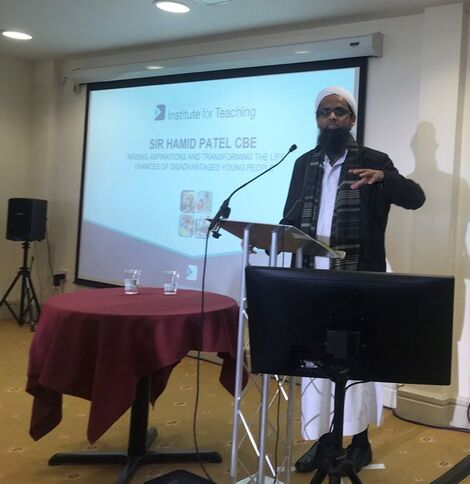 As Education South West CEO, Matthew Shanks noted in his introduction to the final keynote, if some parts of the country might conceive of a sleepy Devon with no issues, this was immediately debunked by, Sir Hamid Patel CBE, Chief Executive of Star Academies (who had been driven for five hours to Exeter from Blackburn) in his talk on Raising Aspirations and Transforming the Life Chances of Disadvantaged Young People: “Disadvantaged children are everywhere… The label should not make a difference. Successful schools create cultures that are homogenous, unified and cohesive and an equal part.” One of the essentials is to undertake interventions and to do the same as you do for everyone, but remove the barriers. This helps to close the gap and provide equal access for Pupil Premium children and young people. An impassioned Sir Hamid told how his Trust had bought school uniform for their disadvantaged children and going even further had organised for the uniform to be collected, washed and ironed and returned to those most in need. And times are getting harder. For one of their Bolton Trust school, a school trip to London was considerably subsidised. Some of the children had never been on a train! Their parents were invited to pay £5 a month and the school subsidised the remaining 75% of the trip costs. Making life-changing experiences a reality. “Set them up for success. Many are set up for failure.” School leaders were encouraged to triangulate when making judgements. Don’t compromise on quality. Work harder, smarter to make it count. Seek lots of small donations, rather than big donations to finance projects and make them happen. Decide five/ten (your number!) character-defining opportunities that you want the children and young people to experience: be it poetry, theatre, mountaineering, and that will have a positive impact on their confidence, self-esteem, resilience and cultural capital and link to the core curriculum. Don’t go to Ofsted for inspiration. They are the regulator for QA. Have the confidence to share ideas and bring to life real innovation and collaboration to transform outcomes for young people regardless of their backgrounds. Hold Careers Day with positive role models and a speakers’ programme (SWIFT knows about that!). Avoid “one-year wonders” as flash-in-the-pan SLT ideas. Do less, but consistently and regularly, year in year out. And do it well. Think about sustainability, scalability, and onwards delivery so that the change becomes part of your school culture. The Marginal Gains motto! Continuous improvement in all aspects. There are small gains to be made – everywhere! Think long-term about your school’s three, four, five-year plan. Sir Hamid told of James Bond "Jim" Stockdale, a US Navy Vice Admiral and Aviator and prisoner of war for over seven years in the Vietnam War and awarded the Medal of Honour. His optimism wasn’t like some of his fellow prisoners who were hoping to be released in unrealistic short timeframes. Stockdale “confronted the brutal reality on the ground” and was optimistic over a long time and that’s why he survived. Get your staff to commit: “Be a bit better than last year.” Maybe work with your RI teacher to help them get better, rather than get rid and start again. Celebrate what staff get right, not wrong. Underperforming, broken schools tend to be broken across the whole school. Build on an RI school’s strength – find any “nugget” to re-build and create an action plan for improvement. Seek to improve – even the small things. For example, a Sports Day letter to parents. Don’t simply use a repeat letter and only change the date and resend. Improve it. Format it well. QA it! Teachers always tell children to present their work well. Think about weekly briefing notes. Use as an opportunity to plan the week well. Workload issues are often last-minute changes that create unnecessary stress for staff. Be mindful of those event dates that are known in advance, for example, the annual World Book Day… plan in advance! Disadvantaged children have lots of challenges, so overcommunicate to support them and consider how you serve your evidence base. “The best schools are thinking schools…and all schools should be thinking schools.” It was both humbling and heartening to listen to Sir Hamid (not least a northern girl) and we thank him for making the journey to us and for sharing some of his tried and tested tips to raise aspirations of our disadvantaged young people wherever you may be. A memorably enriching part of the conference. As part of the well-rounded conference experience, delegates also enjoyed the opportunity to attend the following morning and afternoon workshops: A Year of Change in the EYFS: Impact and Opportunities Phil Armstrong | Head of Regional Development for the South of England, Early Excellence Effective Teacher Professional Development Sam Sims | Lecturer, Centre for Education Policy and Equalising Opportunities (CEPEO) at UCL Institute of Education How will our children feel about diversity if they live in an area with none? Ruhaina Alford | Executive Headteacher, The Carey Federation in Devon School Improvement: The Strategy and The People Sufian Sadiq | Director of Teaching School, Chiltern Learning Trust Lorraine Hughes | Director of Education, Chiltern Learning Trust Interrogating the English Curriculum John Tomsett | Former Headteacher of Huntington School in York and “This Much I Know” blogger Key Implementation Practices for School Improvement Jon Eaton | Director, Kingsbridge Research School and Research Lead, Education South West The Golden Thread' - three years on from the recruitment and retention strategy, the reality of implementation Graihagh Crawshaw | Director of School Leadership Programmes, Teach First Faye Craster | Director of Teacher Development, Teach First What really works for disadvantaged children? Jean Gross CBE | Popular speaker and writer and national expert on tackling disadvantage. You can read more about the workshop leads in the Conference Booklet at the end of this post. SWIFT Deputy Director for the Colyton TSH Chris Harris (on behalf of Colyton Grammar School’s Headteacher, Tim Harris) thanked all the presenters and workshop leaders for their motivating and meaningful talks and to all the schools and partners who have worked with SWIFT this year. With another nod to the White Paper, Chris reminded us all that it’s quality of teaching that is the single way to improve standards. 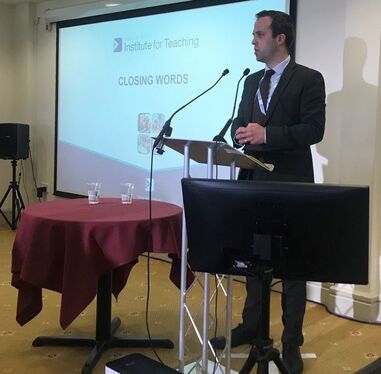 “Together, we’re better than the sum of our parts” - and like Chris’s three-year-old son, when asked what did he do at pre-school; today, we can also reply, “we did some learning.” Lots of learning. Martin Smith continued the thank yous and commended the speakers for their “rich eclectic leadership experience” and thanked SWIFT delivery partners, Cornerstone English Hub and Science Learning Partnership for being with us. Thank you to Martin Drew and Robin Scott of Exeter Consortium Schools’ Alliance for their excellent event management and for making the conference such a positive experience and to Alex Wren from Bitpod for the slick and seamless technical support. 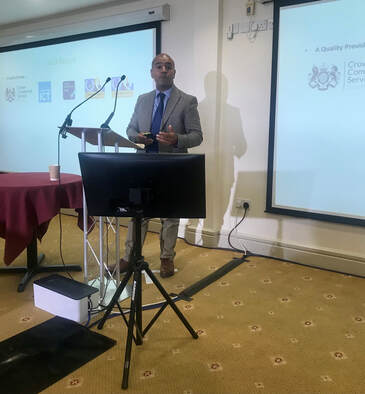 A big and important thank you to our delegates for attending the conference today. SWIFT was honoured and humbled to welcome you. Your time was not taken for granted. A grateful thank you to the SWIFT sponsors whose support enabled SWIFT to provide the conference at a reasonable cost. Thank you to Computeam and Arbor and to Account Director, Shamoon Dean for presenting on how Computeam can help to improving outcomes for schools through technology and the four P’s: People, Passion, Purpose and Proud. Thank you to award-winning immersive learning platform Lyfta for their powerful, interactive and curriculum-aligned lessons that help to bring learning to life with a 360 degree “window into the lives of people;” and whose vision is that children will feel like they have been to every country in the world and understand we are all interconnected. Thank you to Adrian Henley from Towergate Insurance who works with schools in the necessary world of insurance and tailors policies for schools - be it for cyber insurance, travel, staff sickness, contracts and engineering. 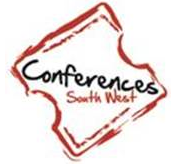 Finally, thank you to SW Conferences for organising the conference market-place and all the stall-holders for sharing their dynamic and exciting products: Applicaa Ltd Babcock LDP Computeam – Sponsor Cornerstone English Hub Courageous Leadership Create Development Ltd dbdplay Ltd Fun & Active Playgrounds Goosemoor Educatering InVentry Lighthouse Media Lyfta Mighty Writer Milsted Langdon Nayamba School SchoolPro School Spider Science Learning Partnership Teaching Personnel TME South West Ltd Towergate Insurance Wolferstans LLP You can read more in our SWIFT 2022 Summer Conference booklet. Report by Jude Owens, PA to the SWIFT Executive Team
8/6/2022 0 Comments SWIFT 2022 Literacy ConferenceIt was exciting to hold our second SWIFT Literacy Conference in-person at the end of last term and to welcome a huge range of delegates at Exeter Racecourse with with as much buzz as in 2019. David Didau, author and expert talked knowledgeably about the importance of reading and of building a reading culture within our schools. “Reading: there are few things that are likely to make as much of a difference.” “Reading aloud is gap narrowing.” Other keynotes including John Tomsett, author and erstwhile Headteacher of Huntingdon School who explored the complexities of the 0 to 19 curriculum - explaining how curriculum development must rest on teacher development. “A child's vocabulary at five predicts how well they'll learn to read, how well they'll do in the school system. We really have to get that right; that's our number one priority.” Dr Julian Grenier, appointed by the Department for Education to lead on the revision of Development Matters (quoted by John Tomsett). Helen Prince, author, developer and contributor to Oxford University Press’s Word-up Podcast Series, explored the power of Oracy through prosody and provided delegates with specific takeaways they could use within classrooms. “There’s a causal relationship between oracy and improved behaviour.” Our keynotes also delivered effective breakout sessions, and and other breakouts included the Director of Primary Literacy from OUP; AQA provided an expert on Language in the form of Lance Hanson; Anna Szpakowska from LYFTA contributed towards cultural capital and Bedrock’s Ellie Ashton explained the power of Disciplinary Literacy. WeST’s Executive Director of English, Scott Davies paired with Vicky Thornton to explore the implementation of Forensic Reading. If you attended this year’s Literacy Conference and would like to feedback to inform future conferences, we would welcome your feedback by clicking on the link below: A secondary focused English Professional Communities meeting is due to be scheduled and if you would like to contribute, please contact Jen Knowles | [email protected] The power is in the network. Report by Vicky Thornton, Assistant Principal: Teaching & Learning – Literacy at Ivybridge Community College and SWIFT English-Network Lead.
|
SWIFT News
|
SPONSORED BY
Join us, be a part of our SWIFT community |
© COPYRIGHT 2022 SOUTH WEST INSTITUTE FOR TEACHING SWIFT. ALL RIGHTS RESERVED | Website by brightblueC
VIEW OUR PRIVACY NOTICES | VIEW OUR COURSE T&CS
VIEW OUR PRIVACY NOTICES | VIEW OUR COURSE T&CS

















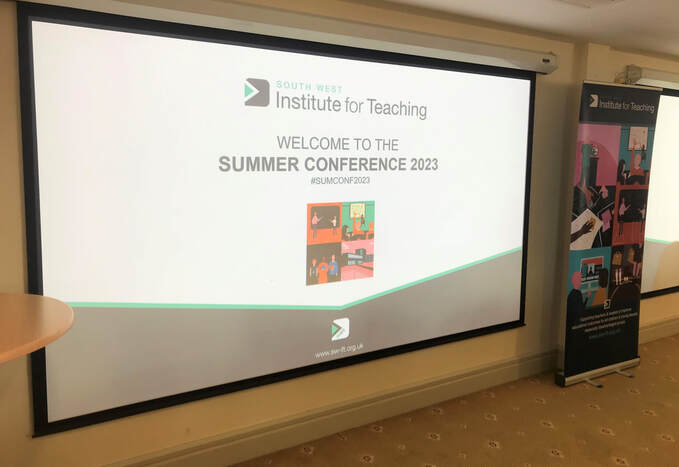

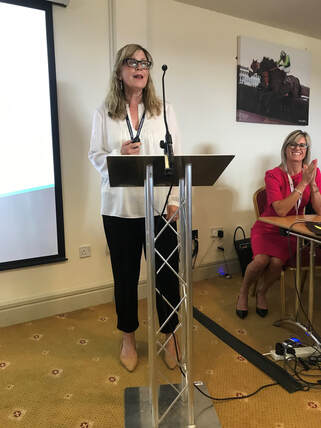


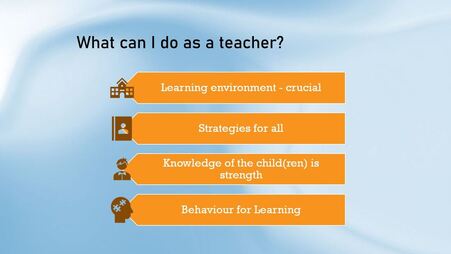
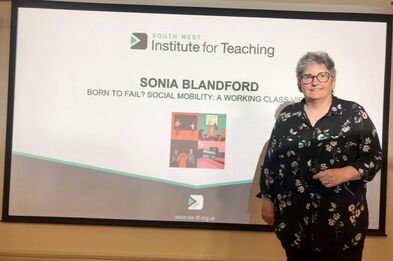
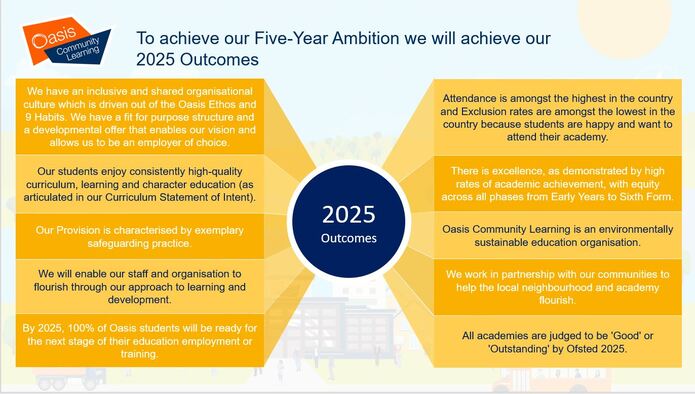
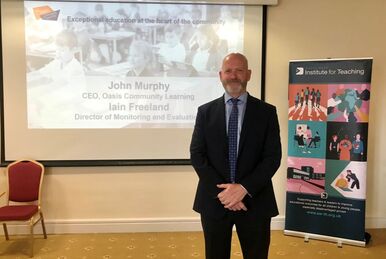

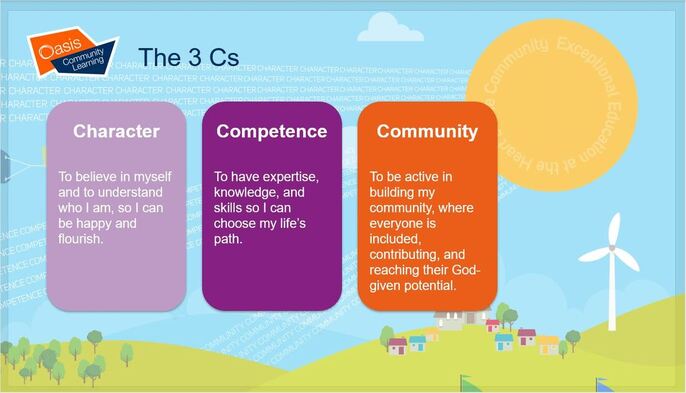
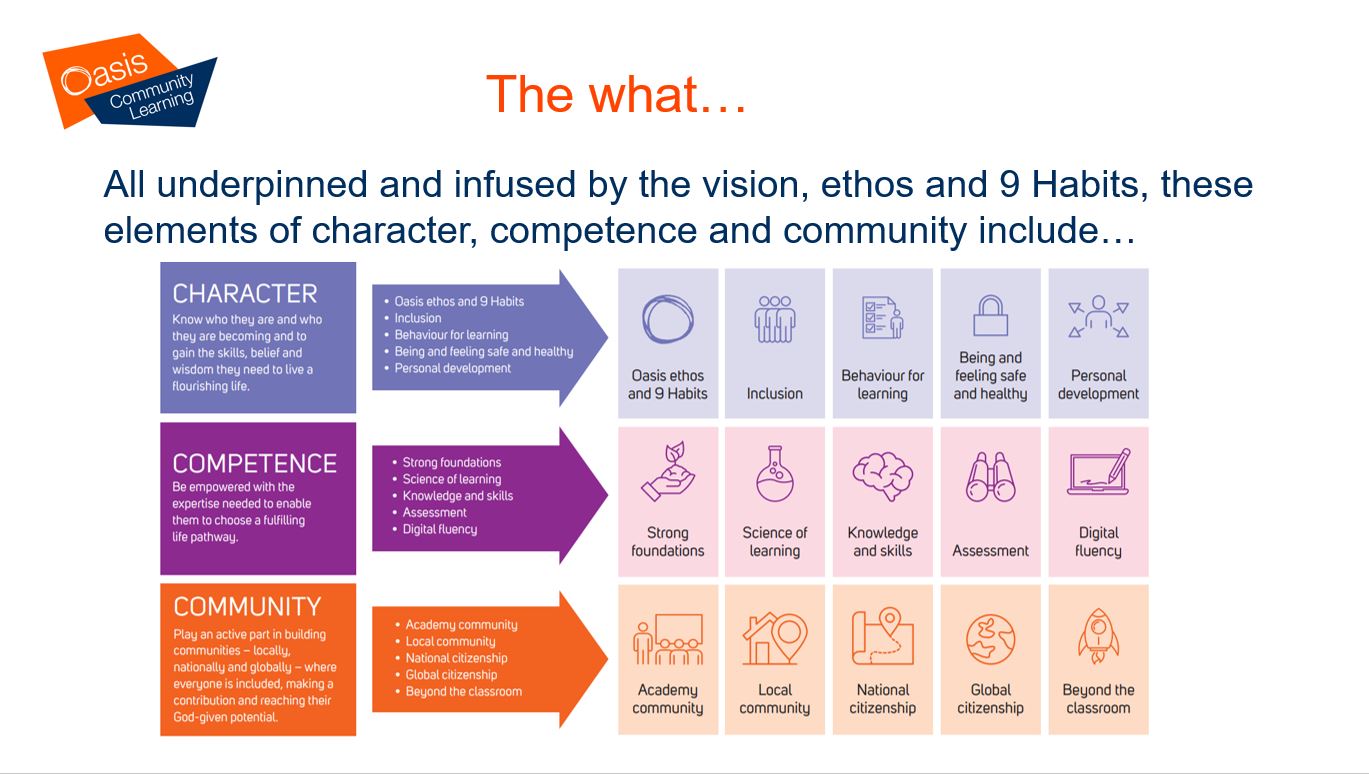
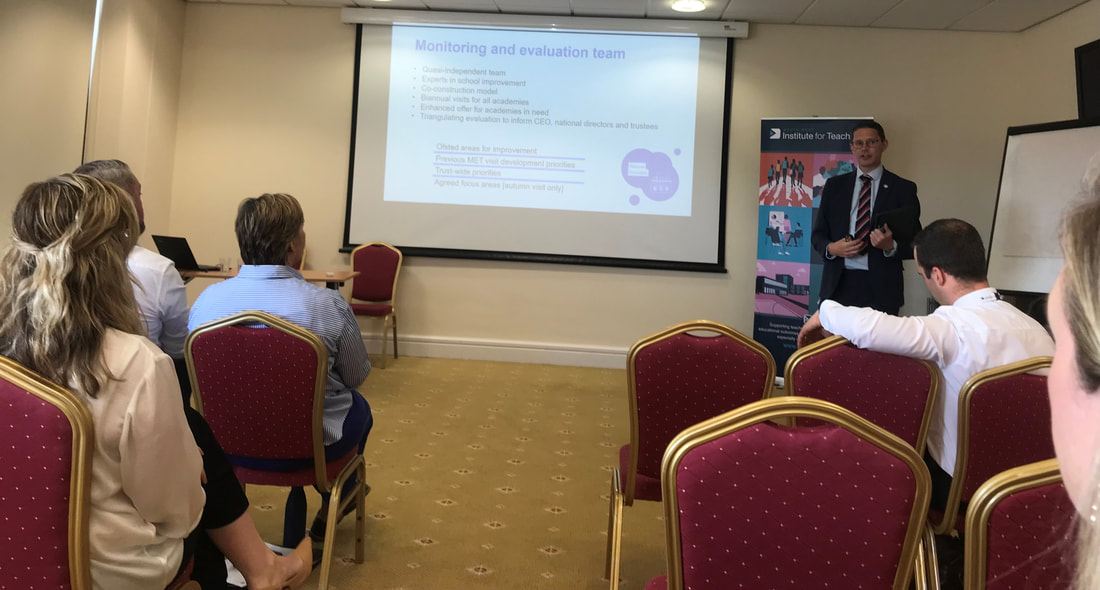
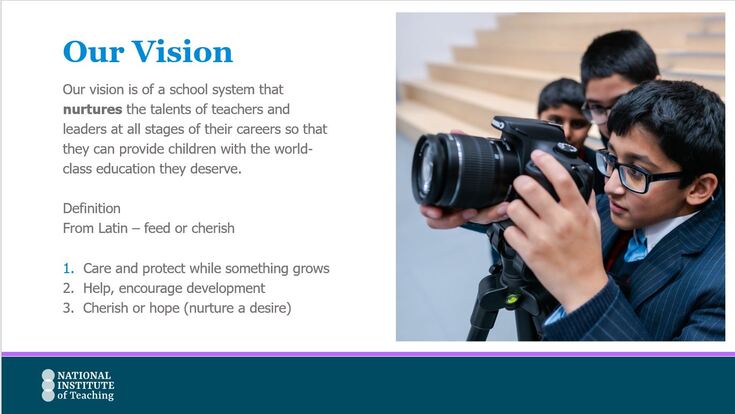
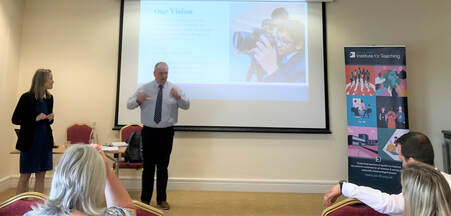
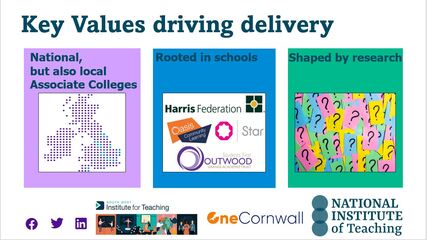
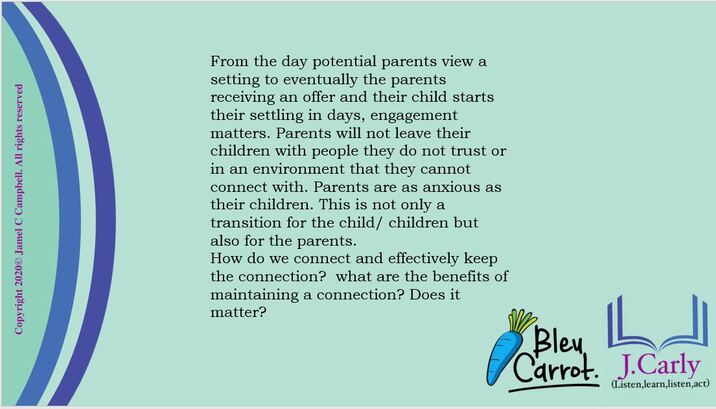

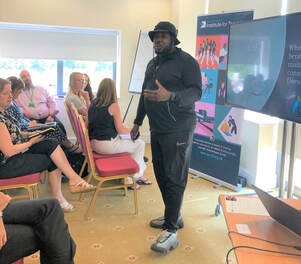
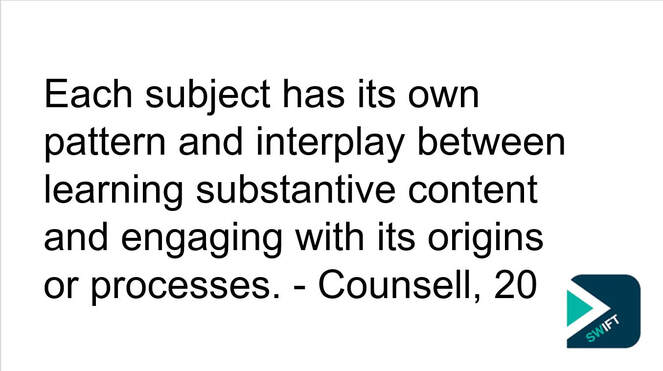
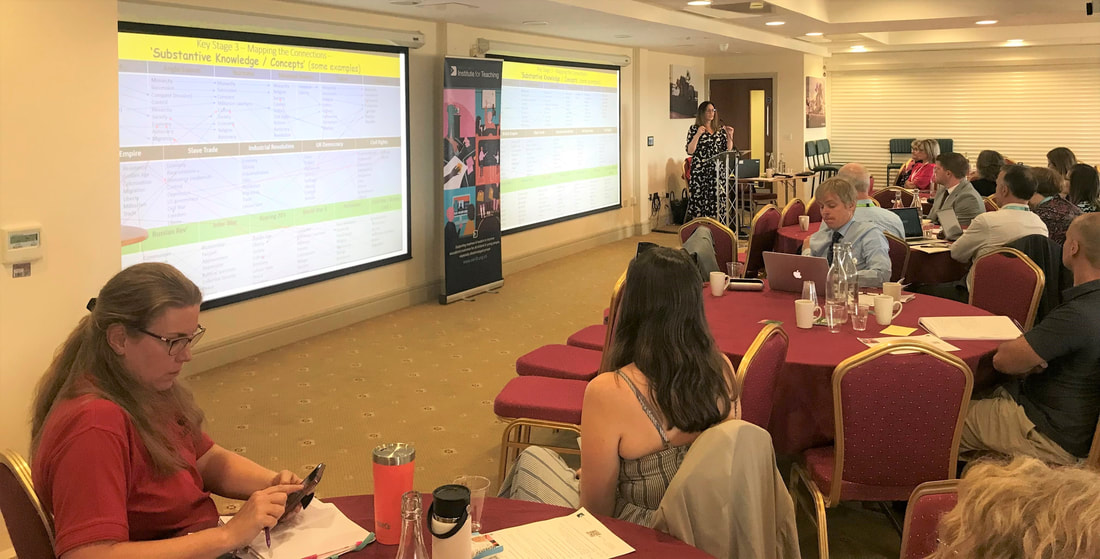
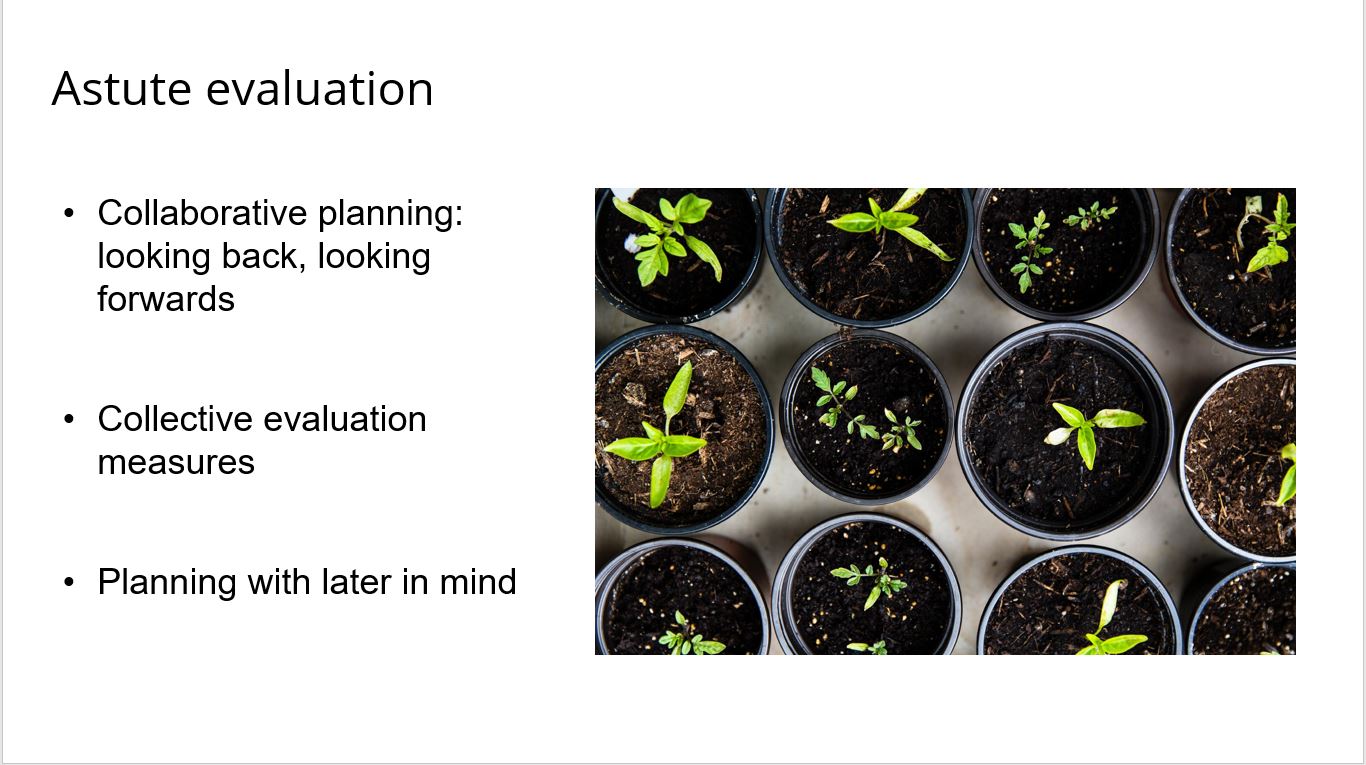
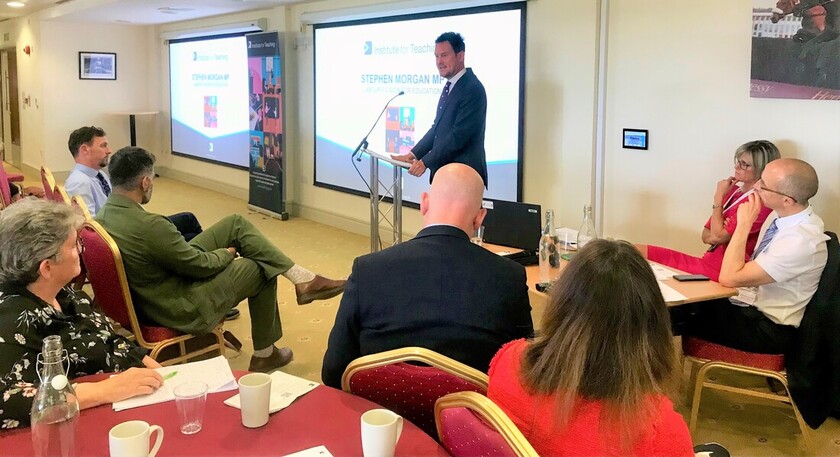
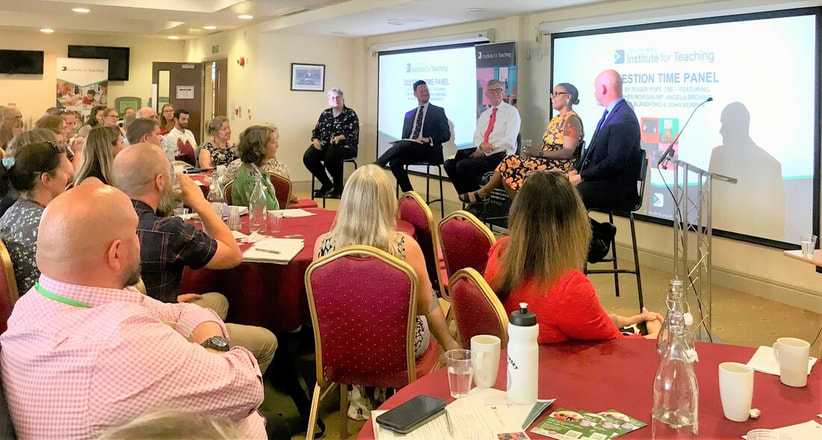
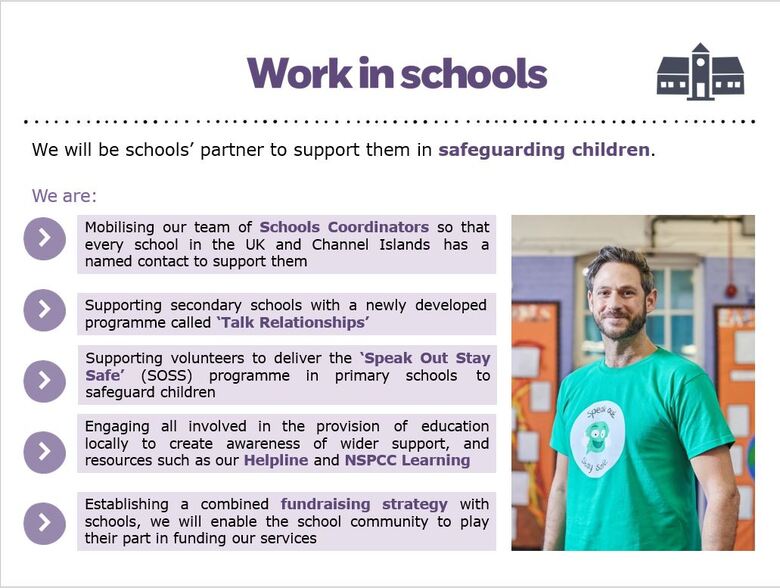
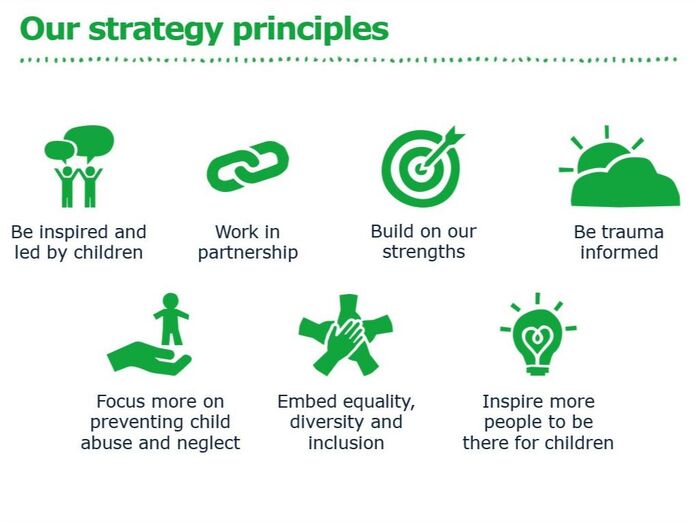
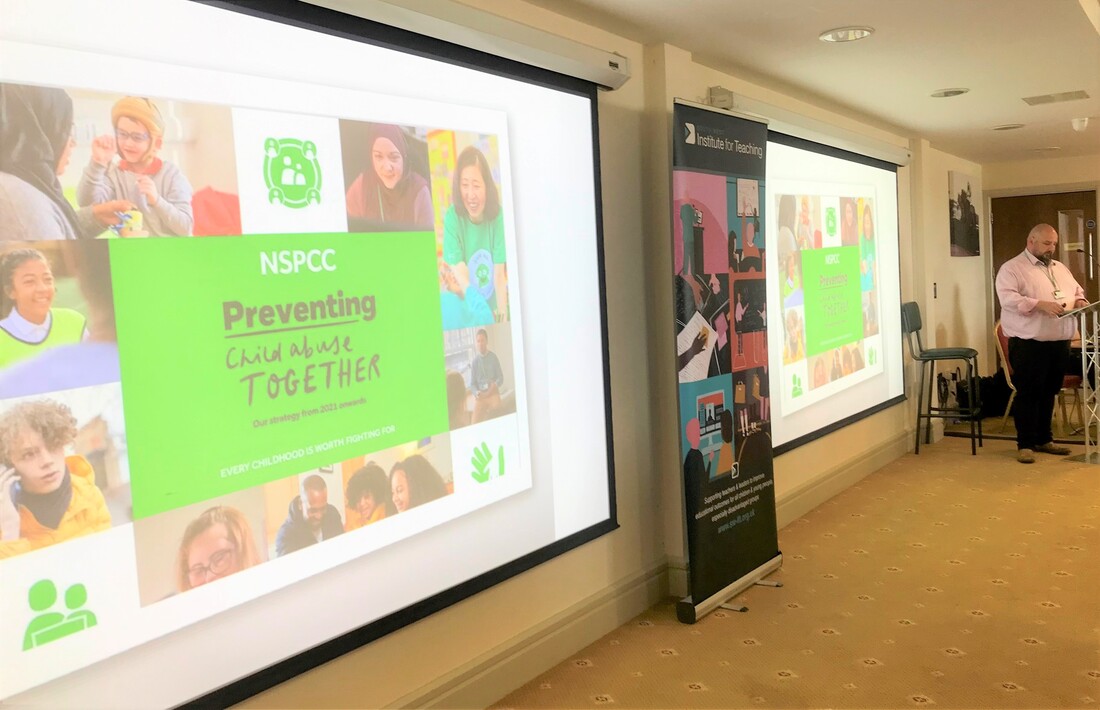
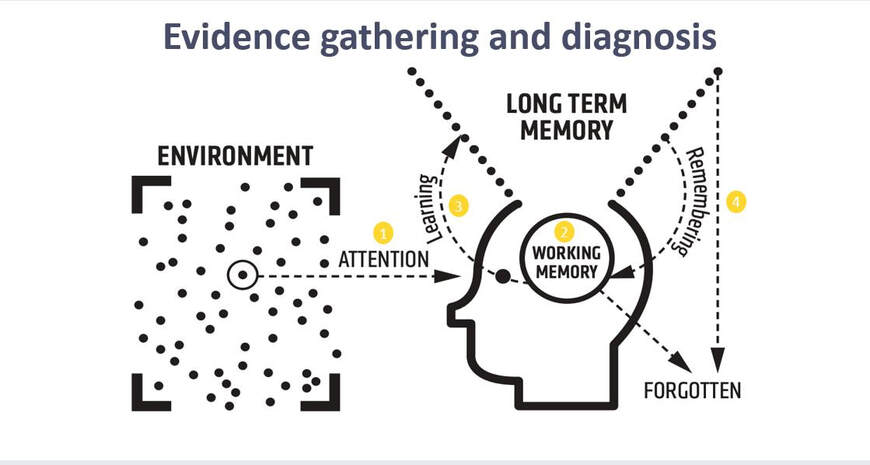
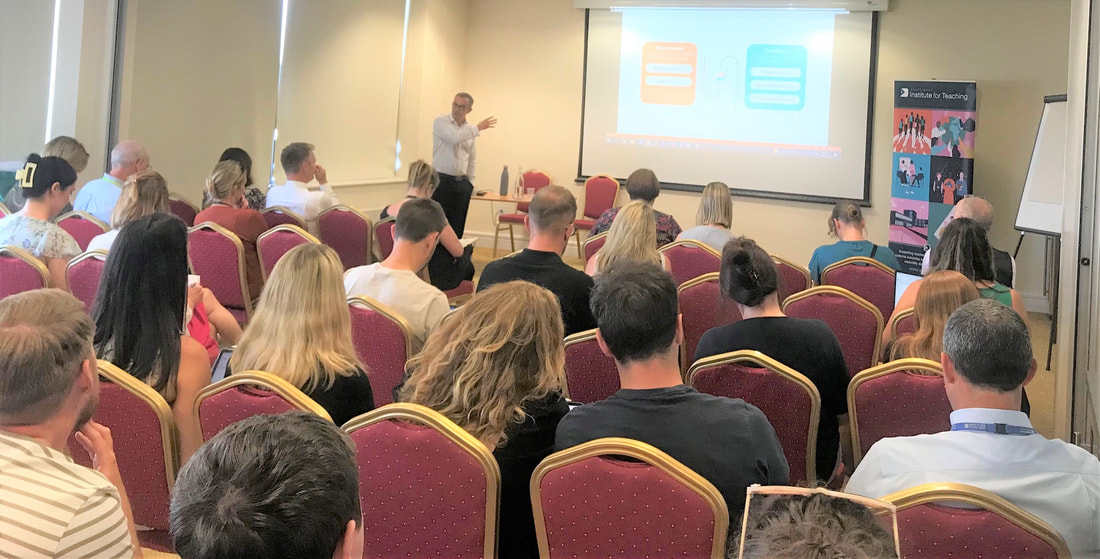
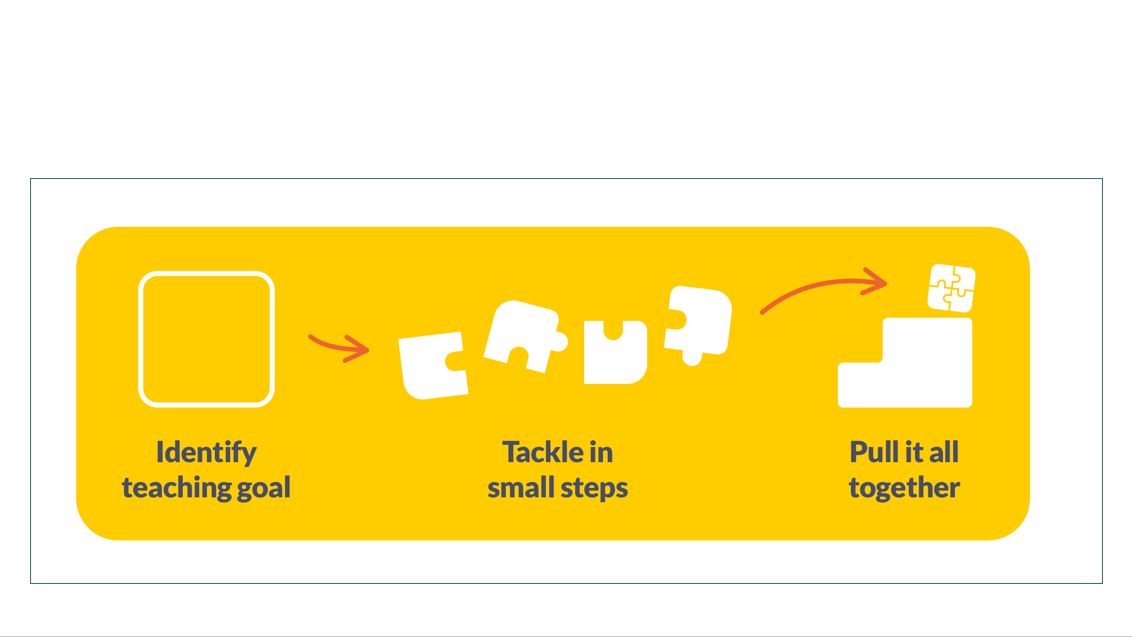
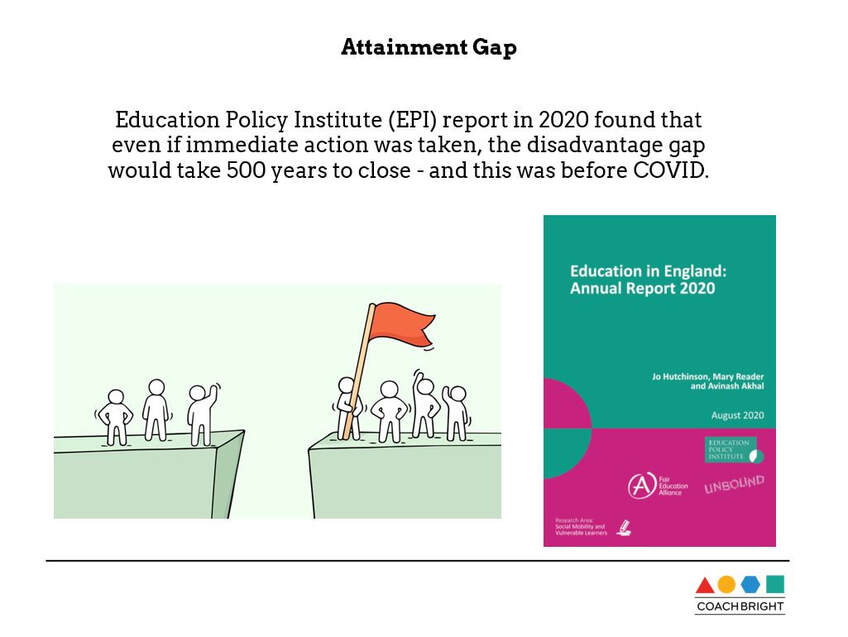
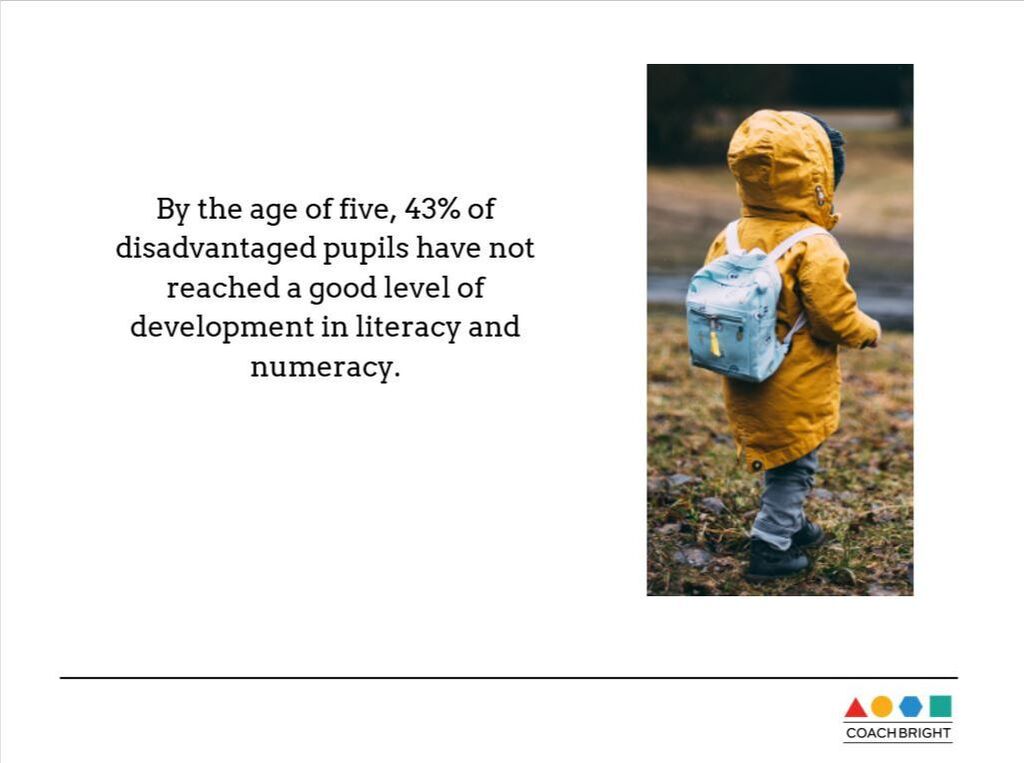
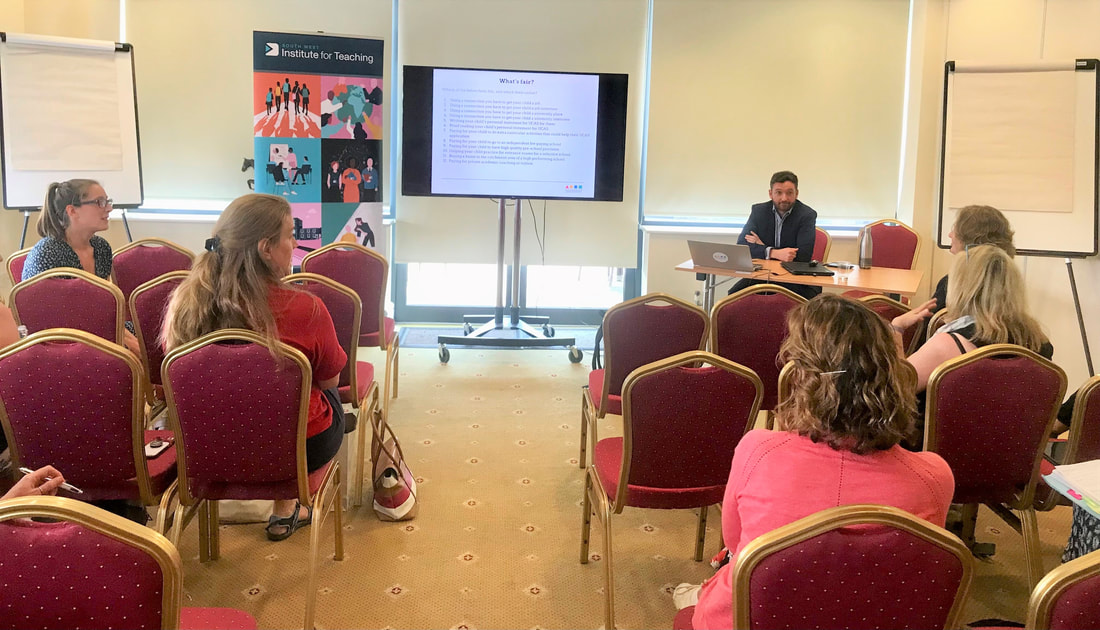
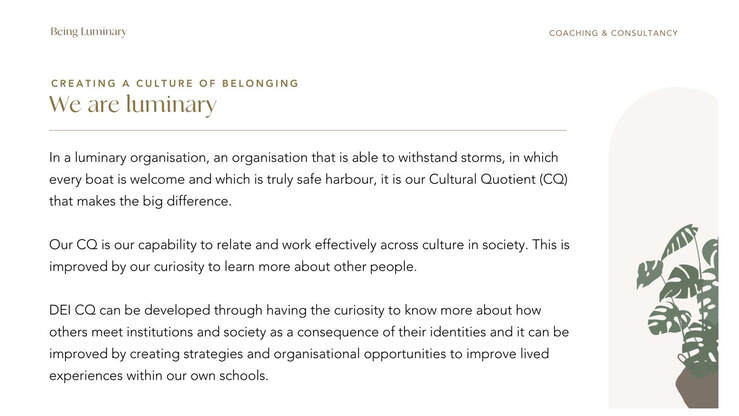
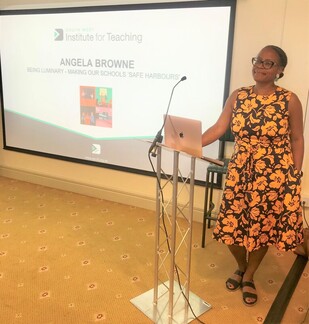

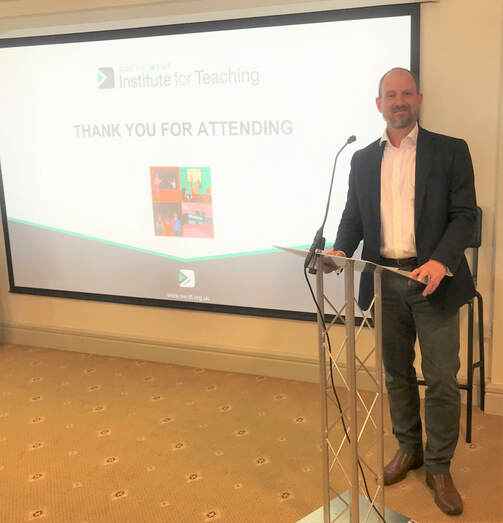
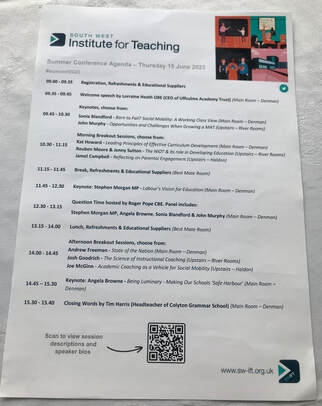
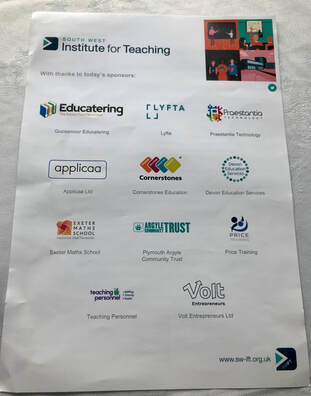
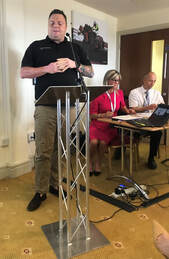

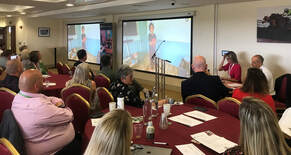
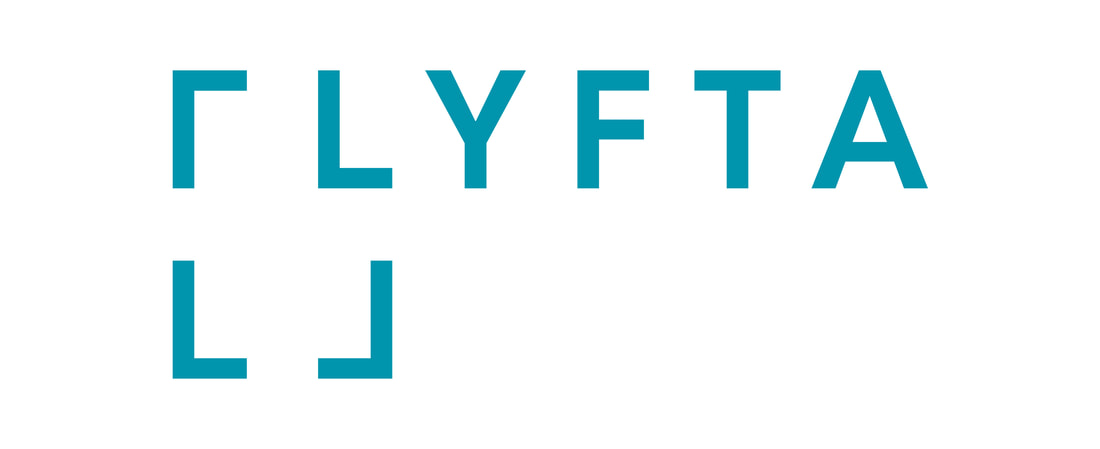
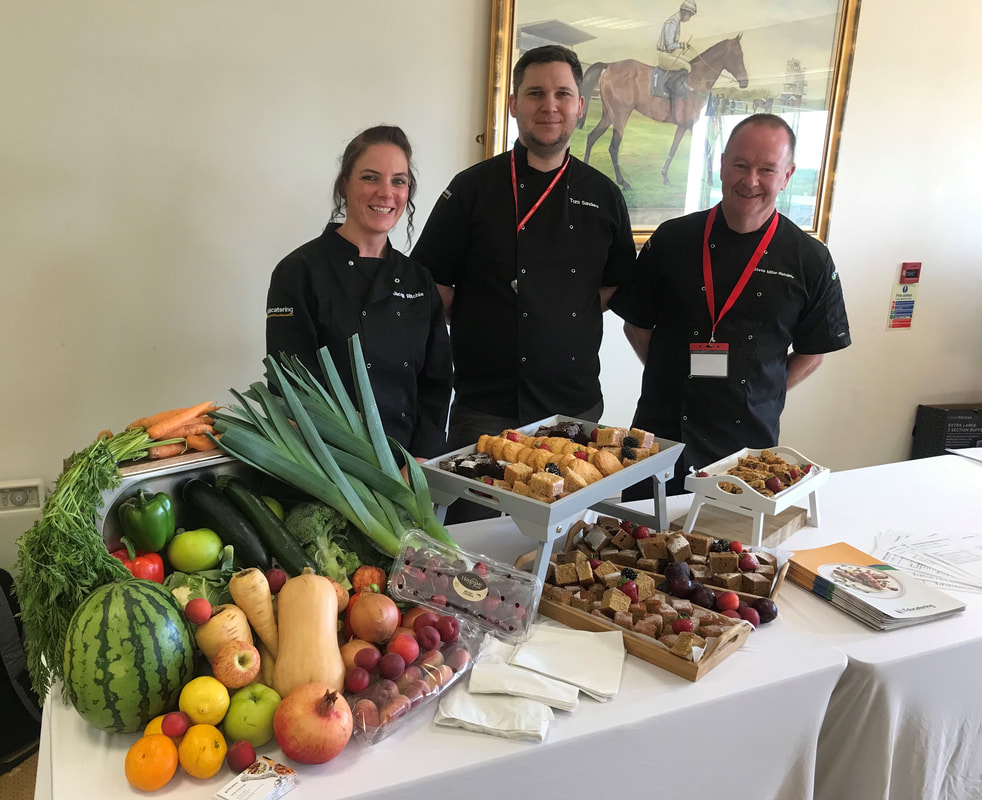

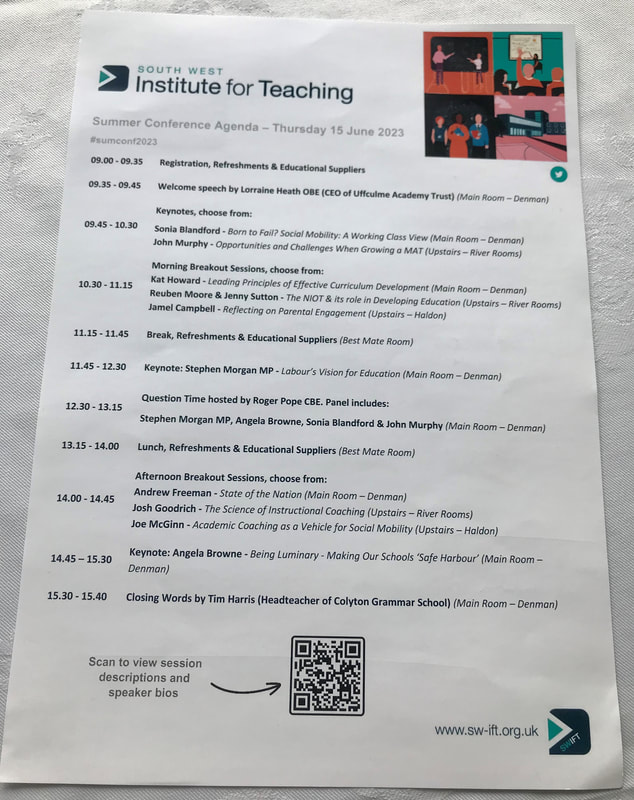
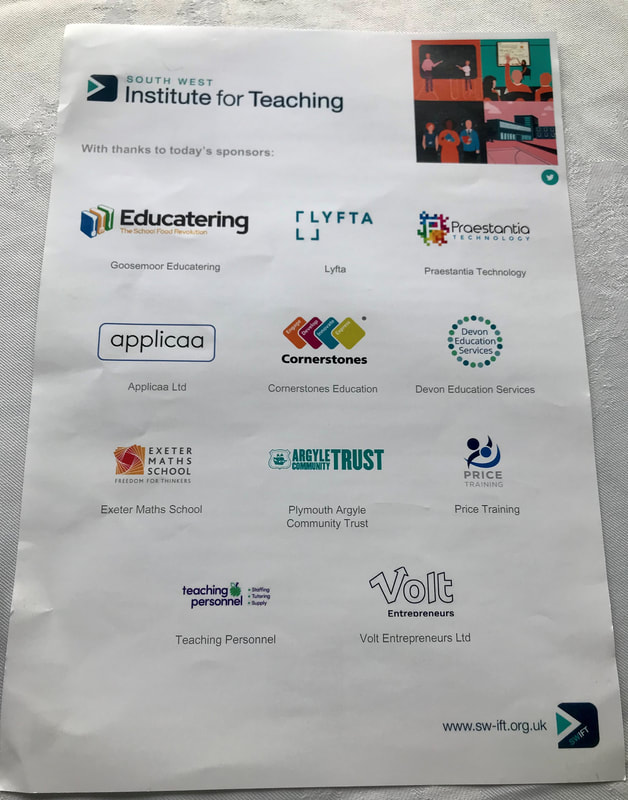
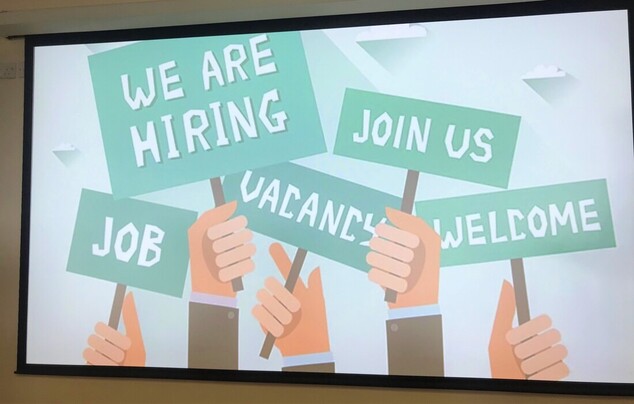

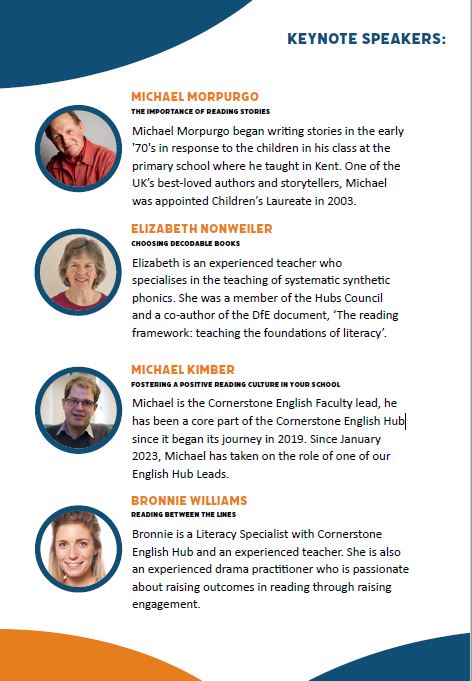
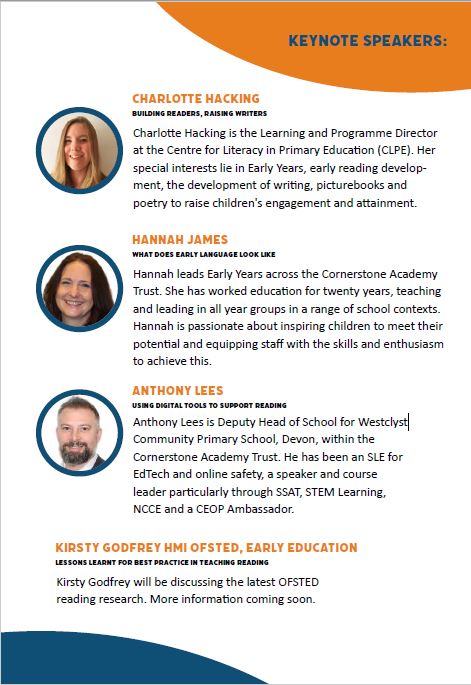

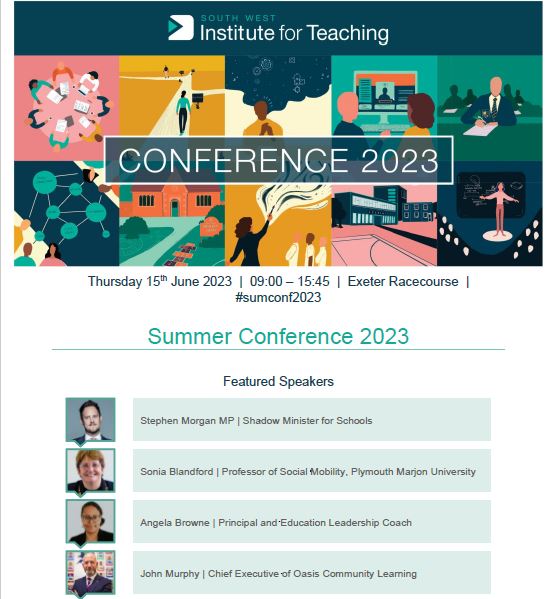
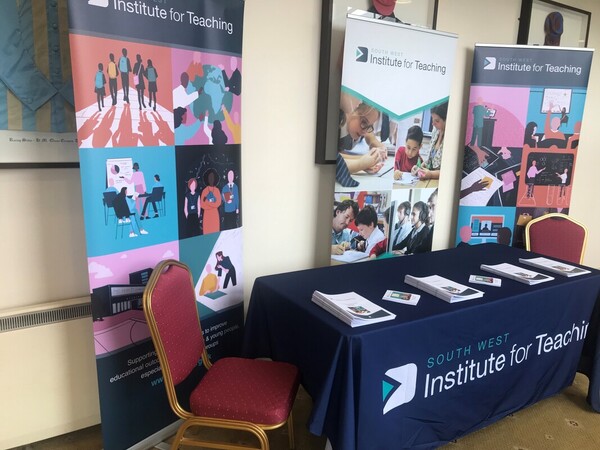
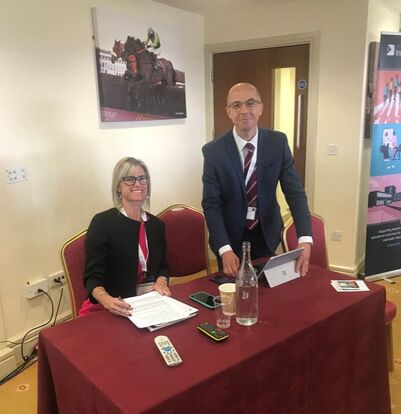
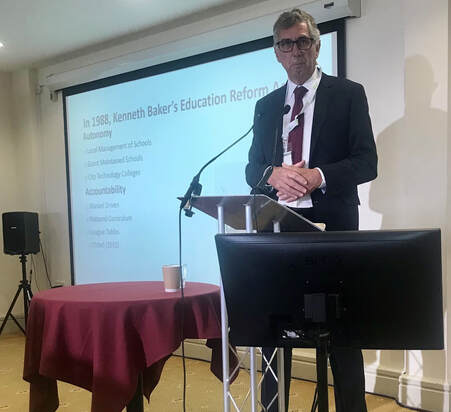
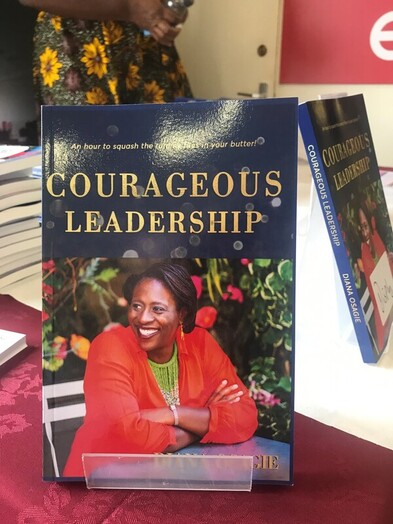
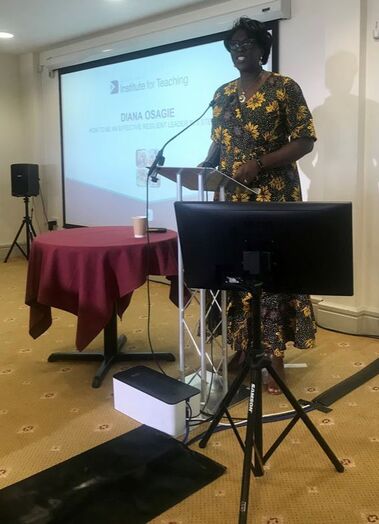
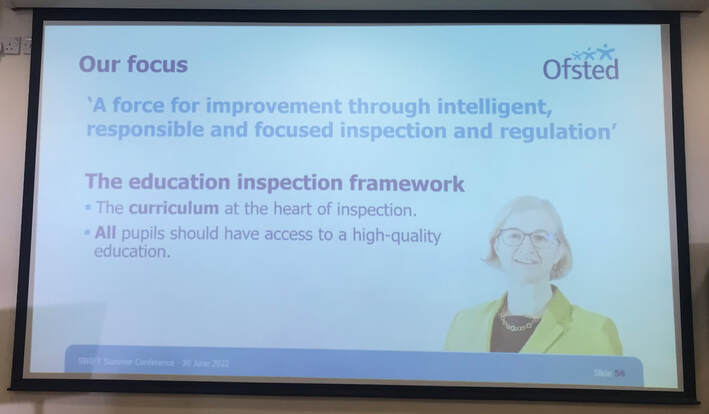
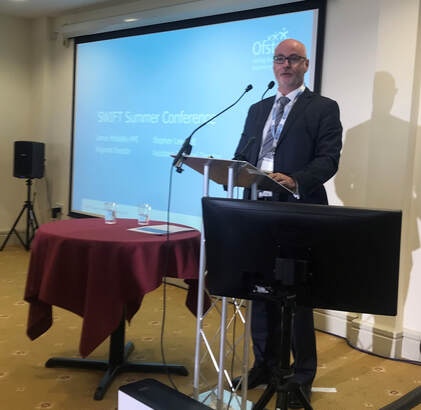
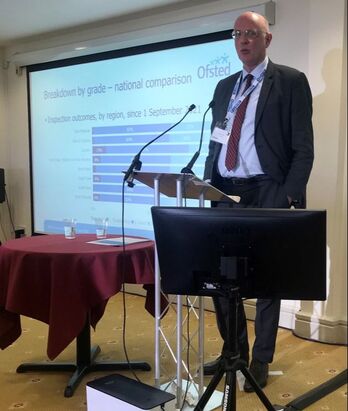
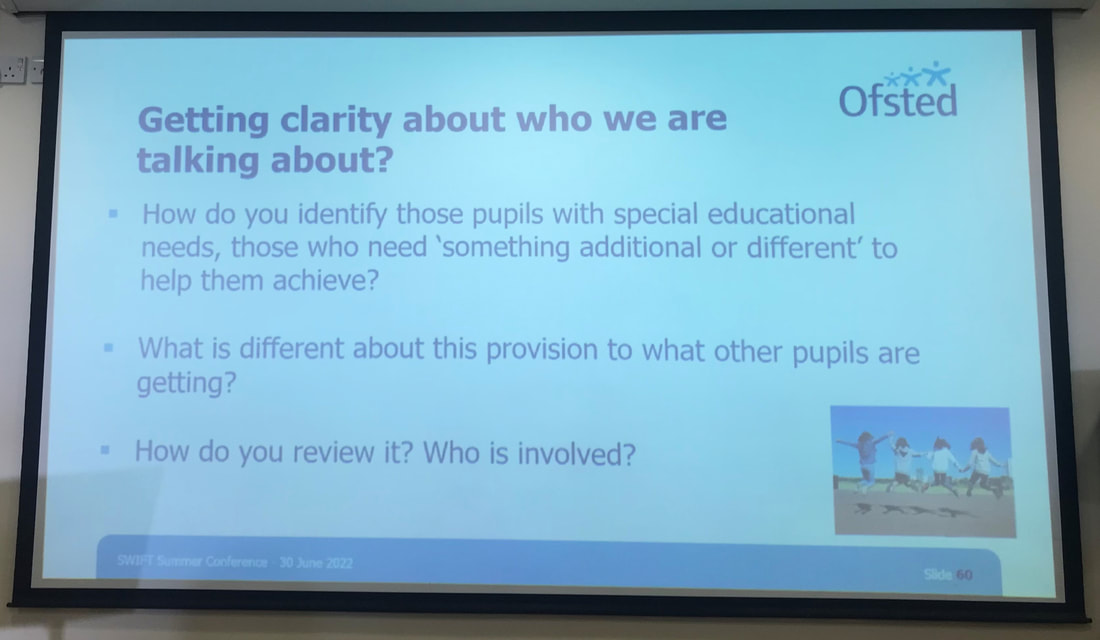
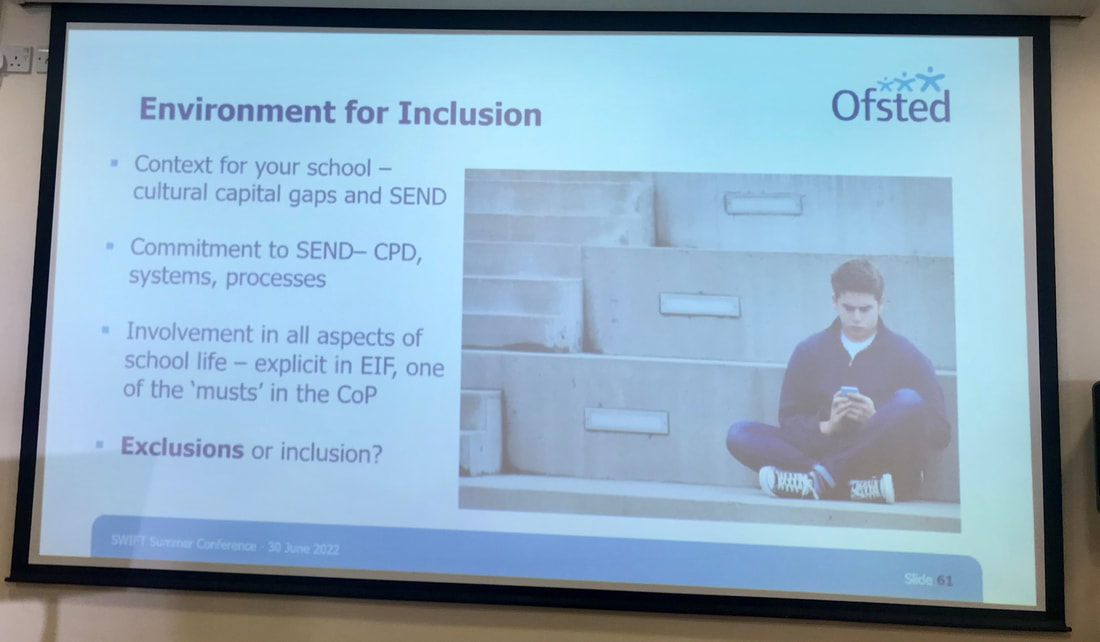
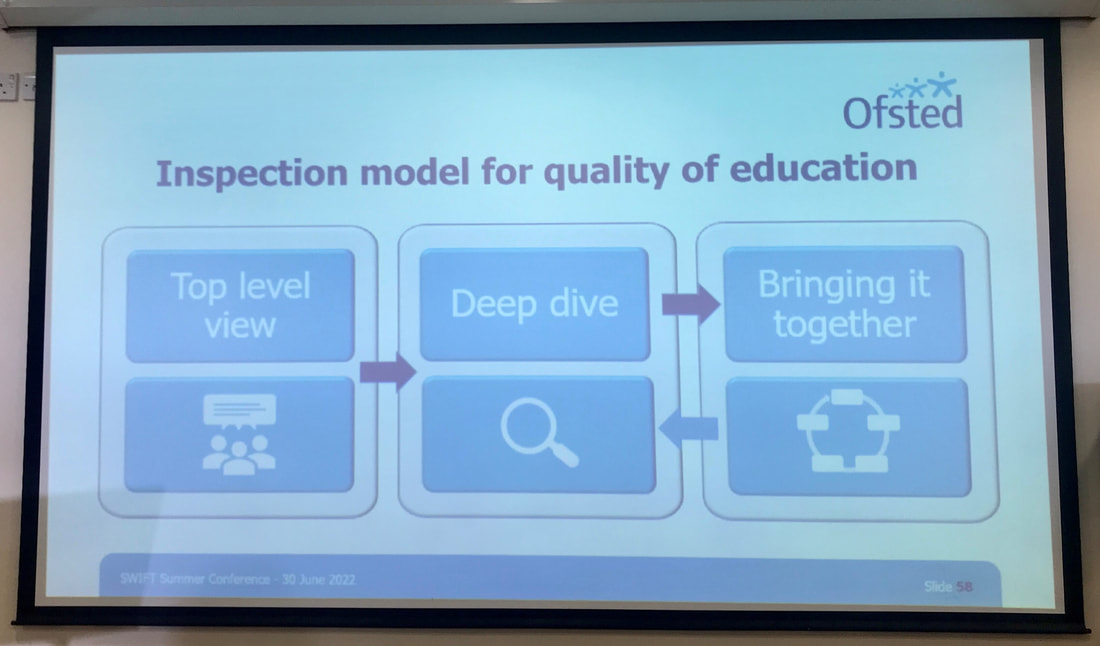
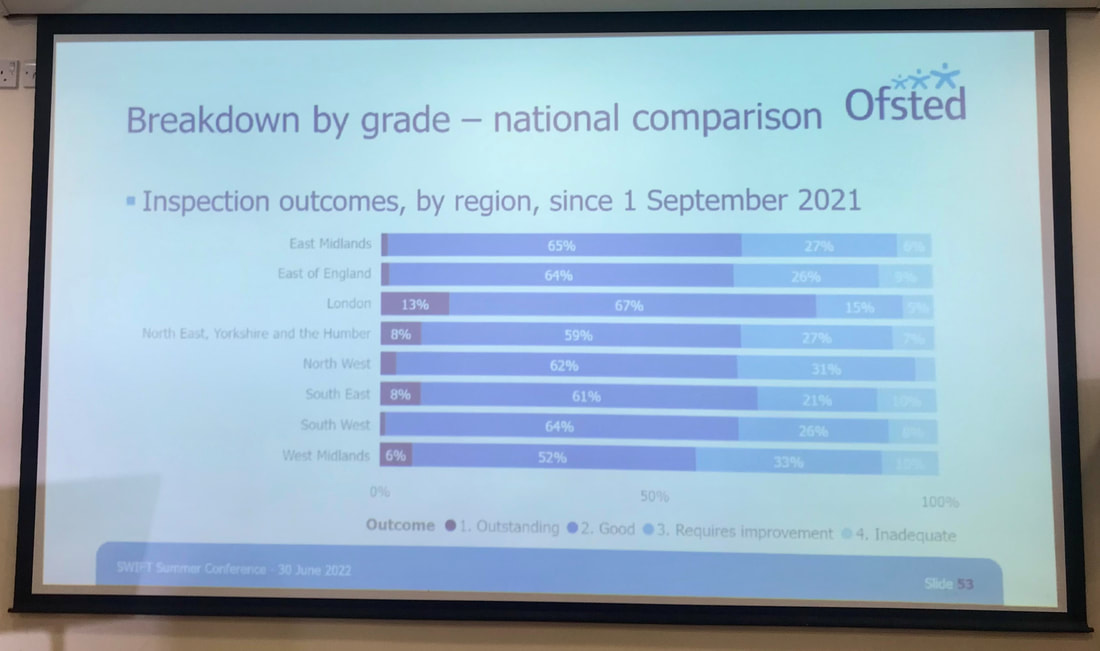
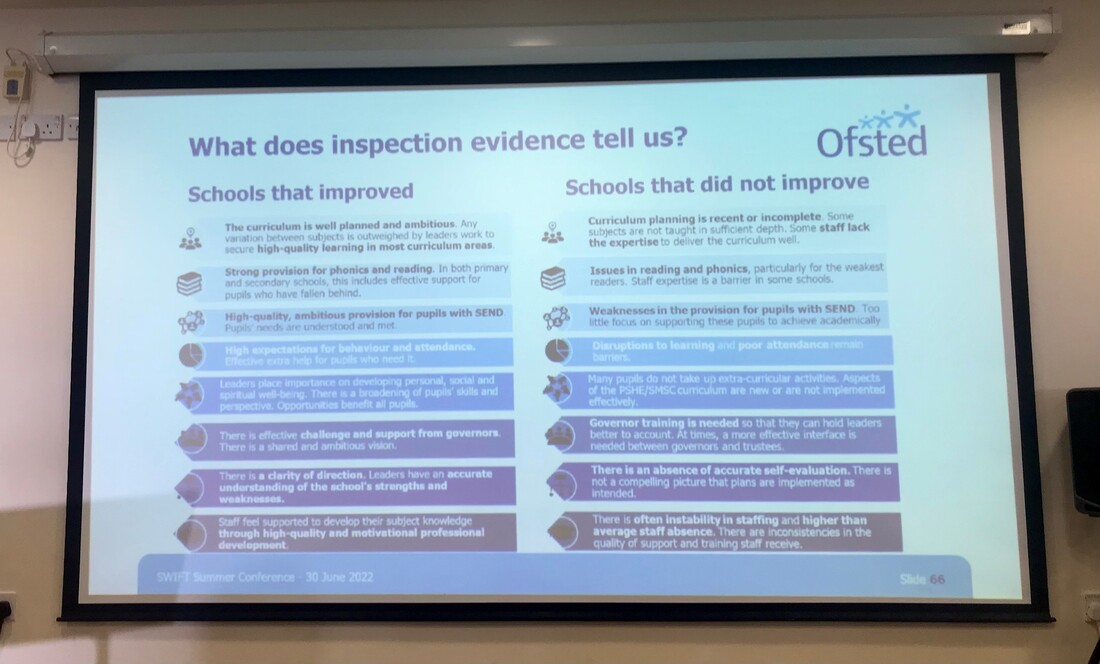
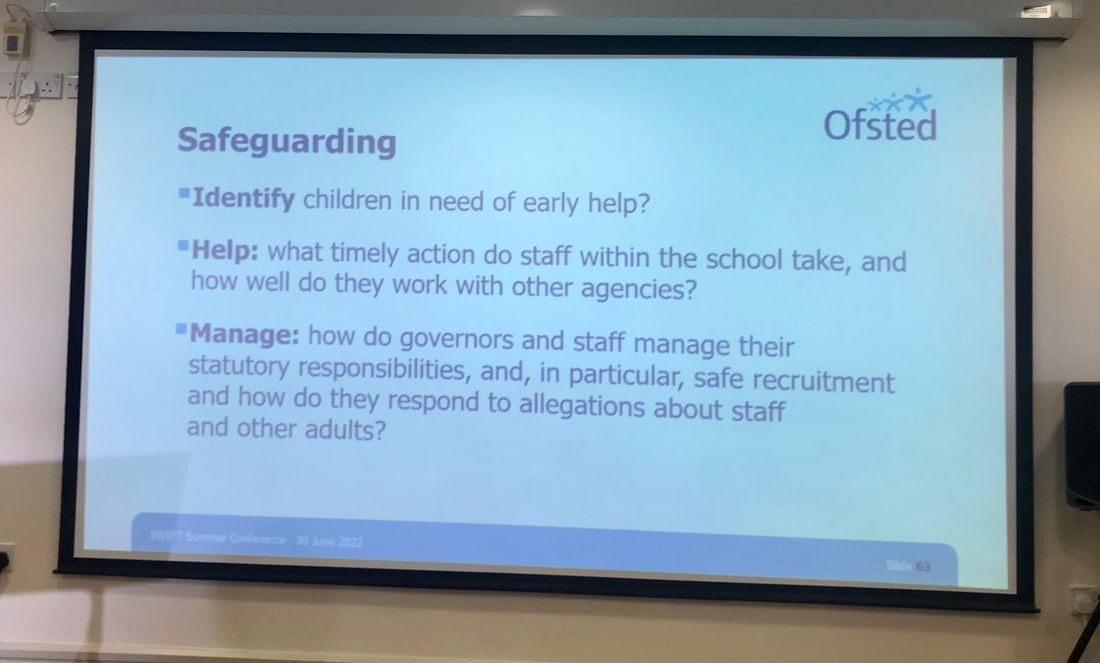
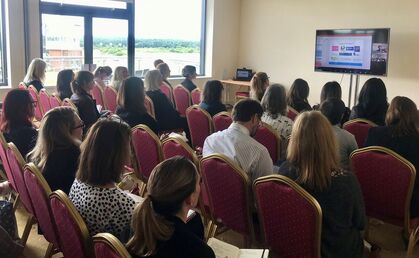
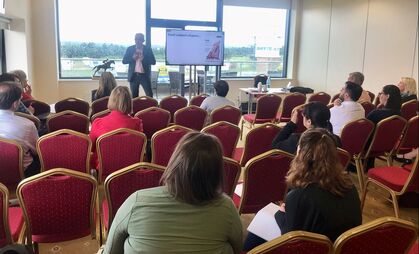
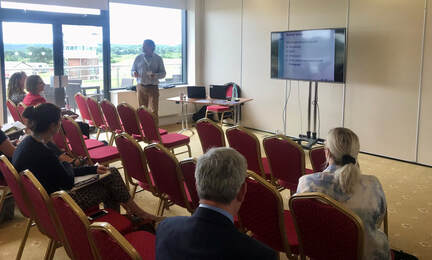
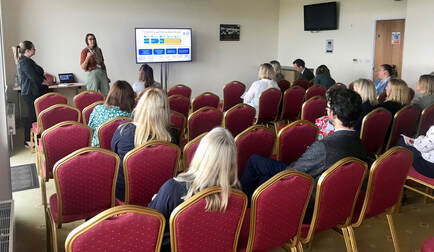
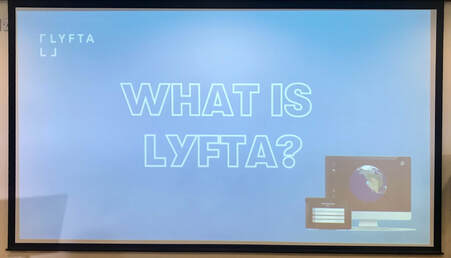
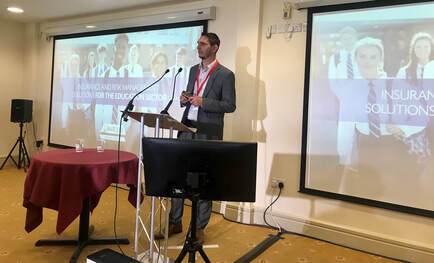


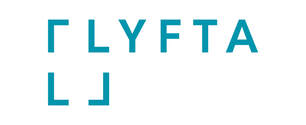





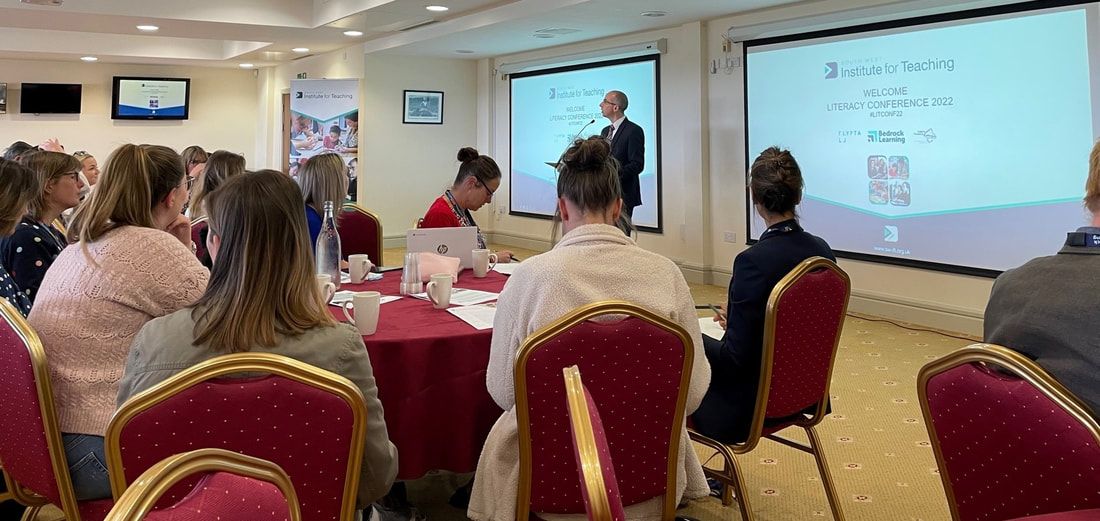
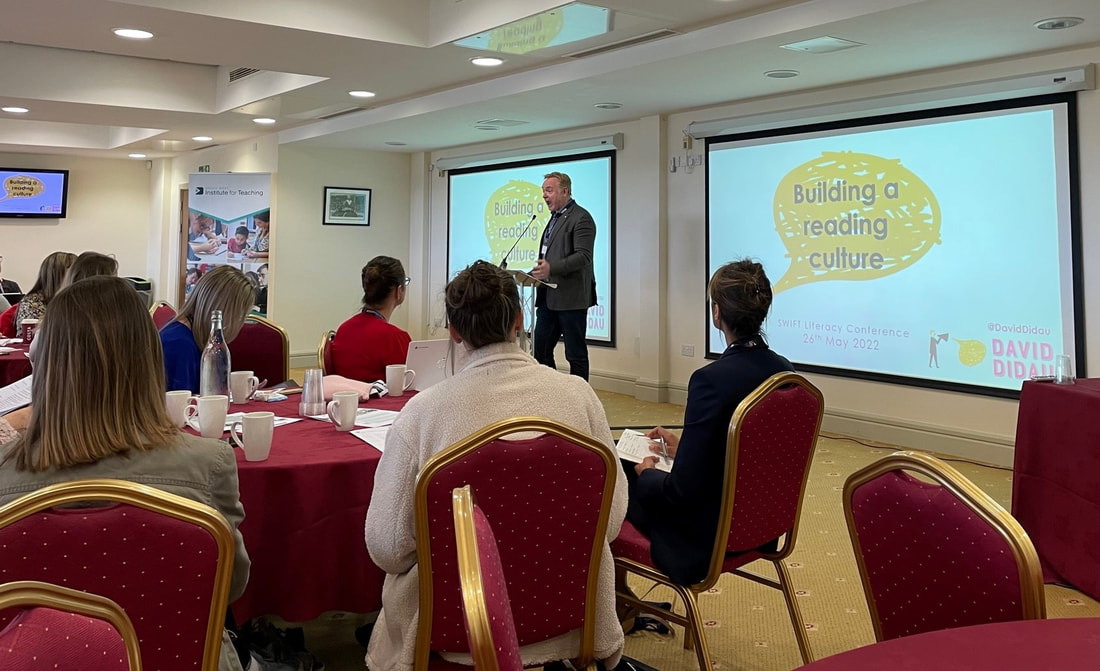
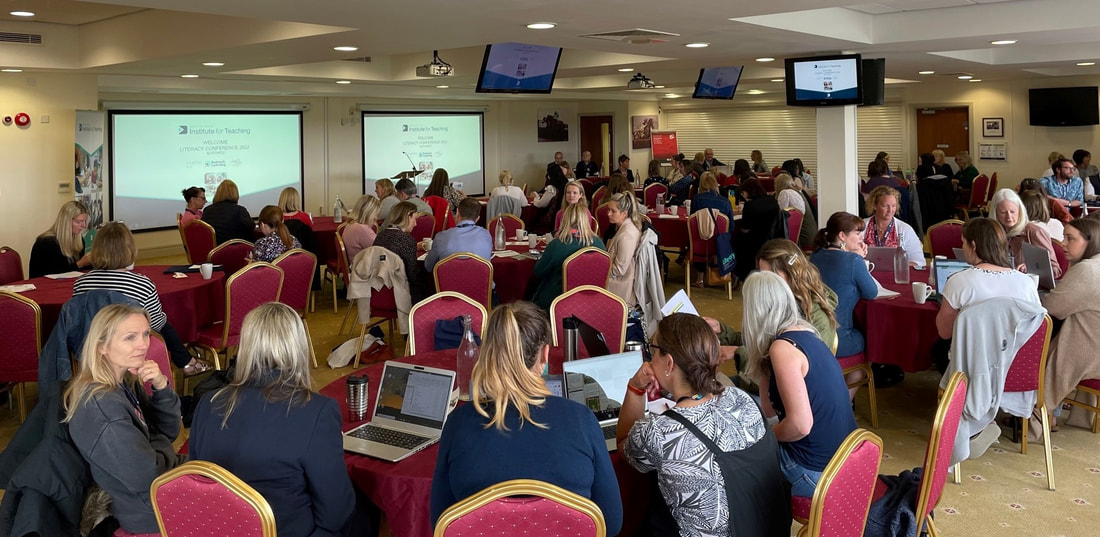
 RSS Feed
RSS Feed





